Als die Tiere den Wald verließen
2019
as TAB collective
Exhibited at
Architektur im Magazin, Vienna - Austria
Already in the cartoon series of the same name, released in 1993, attention is drawn to the problem of the destruction of our planet by man and machine. The extinction of their habitat forces the animals to strive for a far-away paradise and to accept great dangers. In it, parallels can be drawn to our present: We humans seal our own destiny by following trends and technologies while taking no account of our environment. As a way out, we are looking for new habitats, even in foreign galaxies.
Far from accurate dating and scientific definition of our present age, it is clear that humans have become an essential factor that permanently influences the world. Their achievements bring forth new spaces and architectures with effects on our habitat, which sometimes only become apparent decades later, or even take place in the dark: server farms with dimensions of small towns change and destroy landscapes; we exchange emotions across our screens, but lose touch with them in reality; the boundaries between the digital and the real space are blurring. Our apartments are getting smarter, but how smart is that really?
"The Animals of Farthing Wood" deals with topics of our present society and transports them through stories and room installations. Three spaces exemplify the age of man as part of a collection of tales from a near future, in which our decisions in regard to the impact on our habitat are inevitable.
Chapters
Chapter Breath
.
.
.
breathe in,
breathe out
breathe in
breathe out
breathe in
breathe out
Time's up
For a brief moment I can still detect the smell of moist forest air I just inhaled. But immediately the breath of pure air has vanished and my nose is once again filled with the biting exhaust fumes of the city.
No less than one hundred social credits I just had to pay for sixty seconds of fresh air. Where a few years ago there were telephone booths, there are now tank-like structures. For a certain amount of credits, we have the possibility to breathe fresh air or herbal aromas of our choice. Of course, I could have used my salary differently. For once going out for dinner in an excellent restaurant, or I could have extended my small apartment with new furniture. For something that doesn't disappear into thin air after just a minute. But I and most people living in the city have no other choice, if you look at it closely. The toxic air poses a serious threat to our health. We hope a few minutes of healthy air would free and relieve our respiratory tracts a little. It is a truly relieving minute, almost like being in a trance-like state. Sometimes I close my eyes and imagine I am walking through a dense forest. Sunlight flashes through the treetops and the rustling of the leaves is like a string concert. But mostly a stabbing pain in my chest brings me back to the real world very quickly.
.
breathe in,
breathe out
breathe in
breathe out
breathe in
breathe out
Time's up
For a brief moment I can still detect the smell of moist forest air I just inhaled. But immediately the breath of pure air has vanished and my nose is once again filled with the biting exhaust fumes of the city.
No less than one hundred social credits I just had to pay for sixty seconds of fresh air. Where a few years ago there were telephone booths, there are now tank-like structures. For a certain amount of credits, we have the possibility to breathe fresh air or herbal aromas of our choice. Of course, I could have used my salary differently. For once going out for dinner in an excellent restaurant, or I could have extended my small apartment with new furniture. For something that doesn't disappear into thin air after just a minute. But I and most people living in the city have no other choice, if you look at it closely. The toxic air poses a serious threat to our health. We hope a few minutes of healthy air would free and relieve our respiratory tracts a little. It is a truly relieving minute, almost like being in a trance-like state. Sometimes I close my eyes and imagine I am walking through a dense forest. Sunlight flashes through the treetops and the rustling of the leaves is like a string concert. But mostly a stabbing pain in my chest brings me back to the real world very quickly.
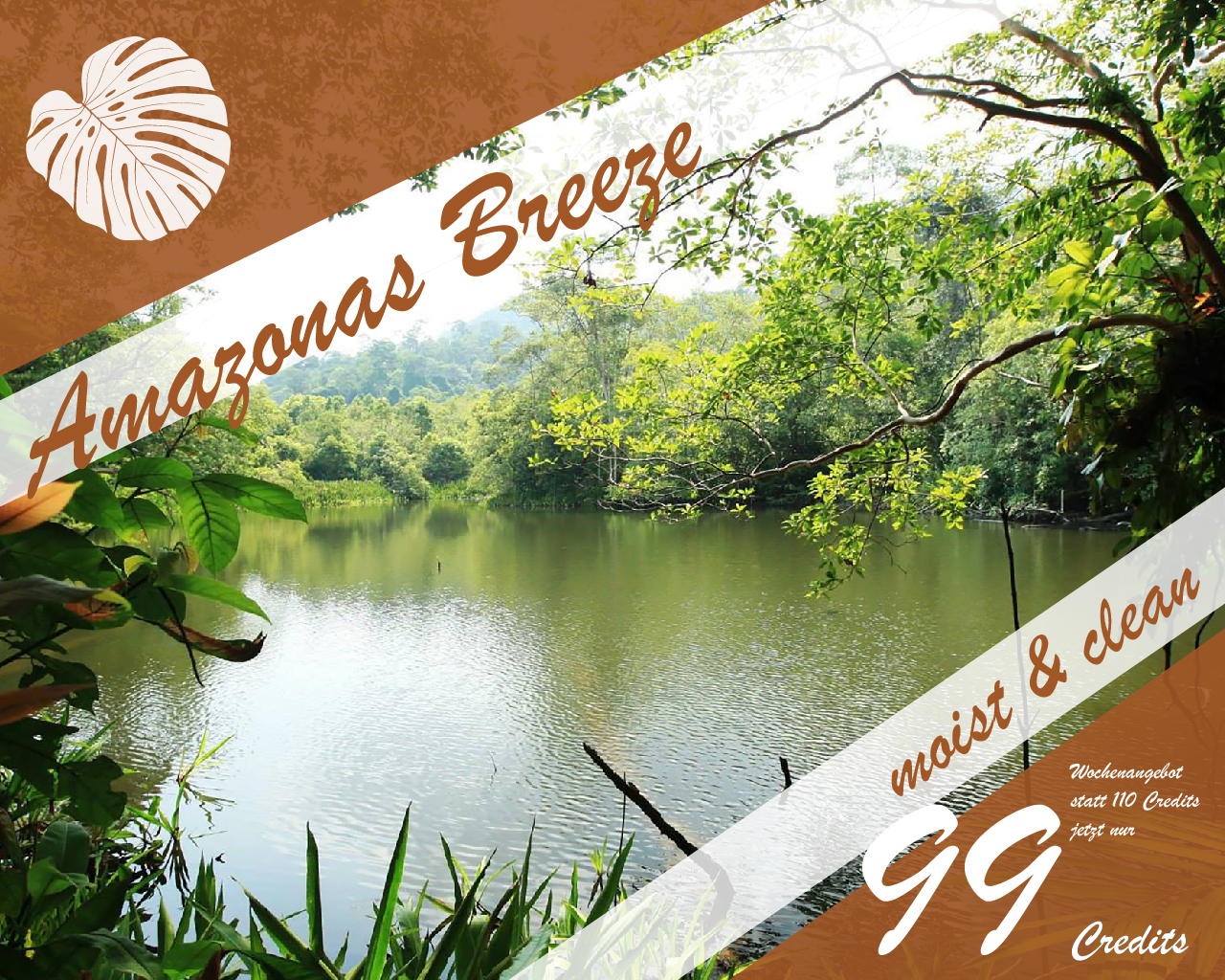

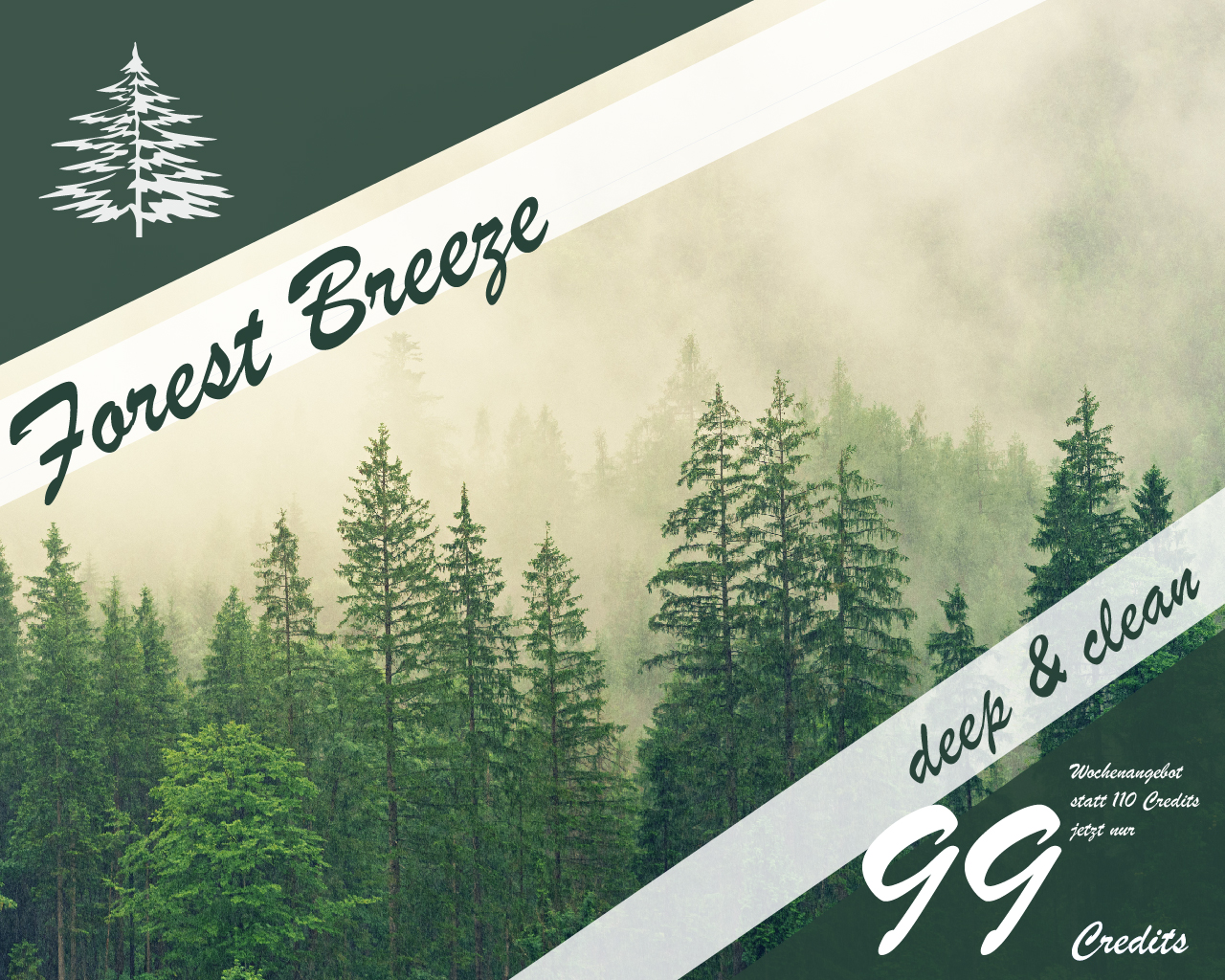

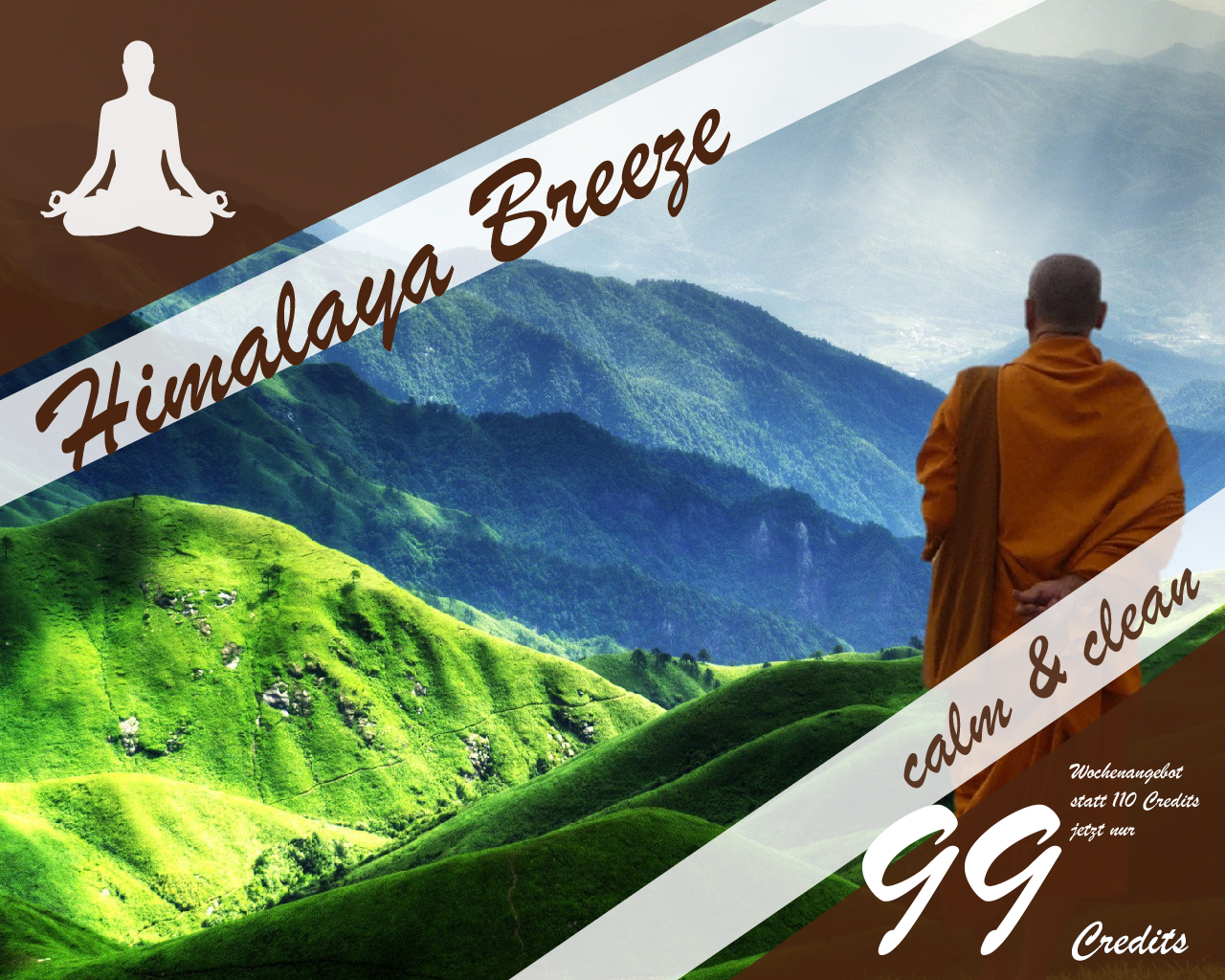




Chapter Data
Thursday
Today I had to do sections A-B during my 15-hour shift, 5 times a day.
Sunday
Today I logged into a server once again. By coincidence I dive into the life of strangers. I then click through photos, videos, messages, emails... just everything I can find in a mobile phone or computer. I know I'm not really allowed to do this, but since I work here in Luxembourg, in the oldest data centre in Europe, it has become my way of travelling.
Monday
Today I met an interesting person. From his data I could see that he is a farmer and lived and worked here in Bissen at that time. Until the end of his life he tried to fight against the establishment of Google in this country. Probably he had seen the decline of the Luxembourg culture. He made it clear in many of his appeals that the planned data centre consumes 10% of the country's total water consumption per year for cooling. The electricity consumption would also be significantly higher than that of the international steel companies. .. The man was not wrong. It's true. The Atter, the river that once flowed through Bissen has dried up after two years.
Friday
I feel very lonely and excluded from the real world at the centre. Monday My colleagues and I live here in a different world, a digital world. The rooms here were not built for us employees, they have nothing human, they were built for machines. Bright light illuminates the endless white corridors. They all look the same. Sometimes I imagine I'm in an abandoned fairy tale forest. The shrill beeping of the servers then turns into little birds in my imagination, telling stories with me.
Sunday
A few days ago, a colleague told me that Luxembourg was the only country in the world where it was possible to rededicate green zones to so-called data server zones. This rededication led to Luxembourg becoming the richest country in the world. That is probably also the reason why agriculture no longer exists in this country. He also told me that entire villages were resettled and that this forced inhabitants to move abroad. .. I have not seen my colleague since then.
…
Today I had to do sections A-B during my 15-hour shift, 5 times a day.
Sunday
Today I logged into a server once again. By coincidence I dive into the life of strangers. I then click through photos, videos, messages, emails... just everything I can find in a mobile phone or computer. I know I'm not really allowed to do this, but since I work here in Luxembourg, in the oldest data centre in Europe, it has become my way of travelling.
Monday
Today I met an interesting person. From his data I could see that he is a farmer and lived and worked here in Bissen at that time. Until the end of his life he tried to fight against the establishment of Google in this country. Probably he had seen the decline of the Luxembourg culture. He made it clear in many of his appeals that the planned data centre consumes 10% of the country's total water consumption per year for cooling. The electricity consumption would also be significantly higher than that of the international steel companies. .. The man was not wrong. It's true. The Atter, the river that once flowed through Bissen has dried up after two years.
Friday
I feel very lonely and excluded from the real world at the centre. Monday My colleagues and I live here in a different world, a digital world. The rooms here were not built for us employees, they have nothing human, they were built for machines. Bright light illuminates the endless white corridors. They all look the same. Sometimes I imagine I'm in an abandoned fairy tale forest. The shrill beeping of the servers then turns into little birds in my imagination, telling stories with me.
Sunday
A few days ago, a colleague told me that Luxembourg was the only country in the world where it was possible to rededicate green zones to so-called data server zones. This rededication led to Luxembourg becoming the richest country in the world. That is probably also the reason why agriculture no longer exists in this country. He also told me that entire villages were resettled and that this forced inhabitants to move abroad. .. I have not seen my colleague since then.
…
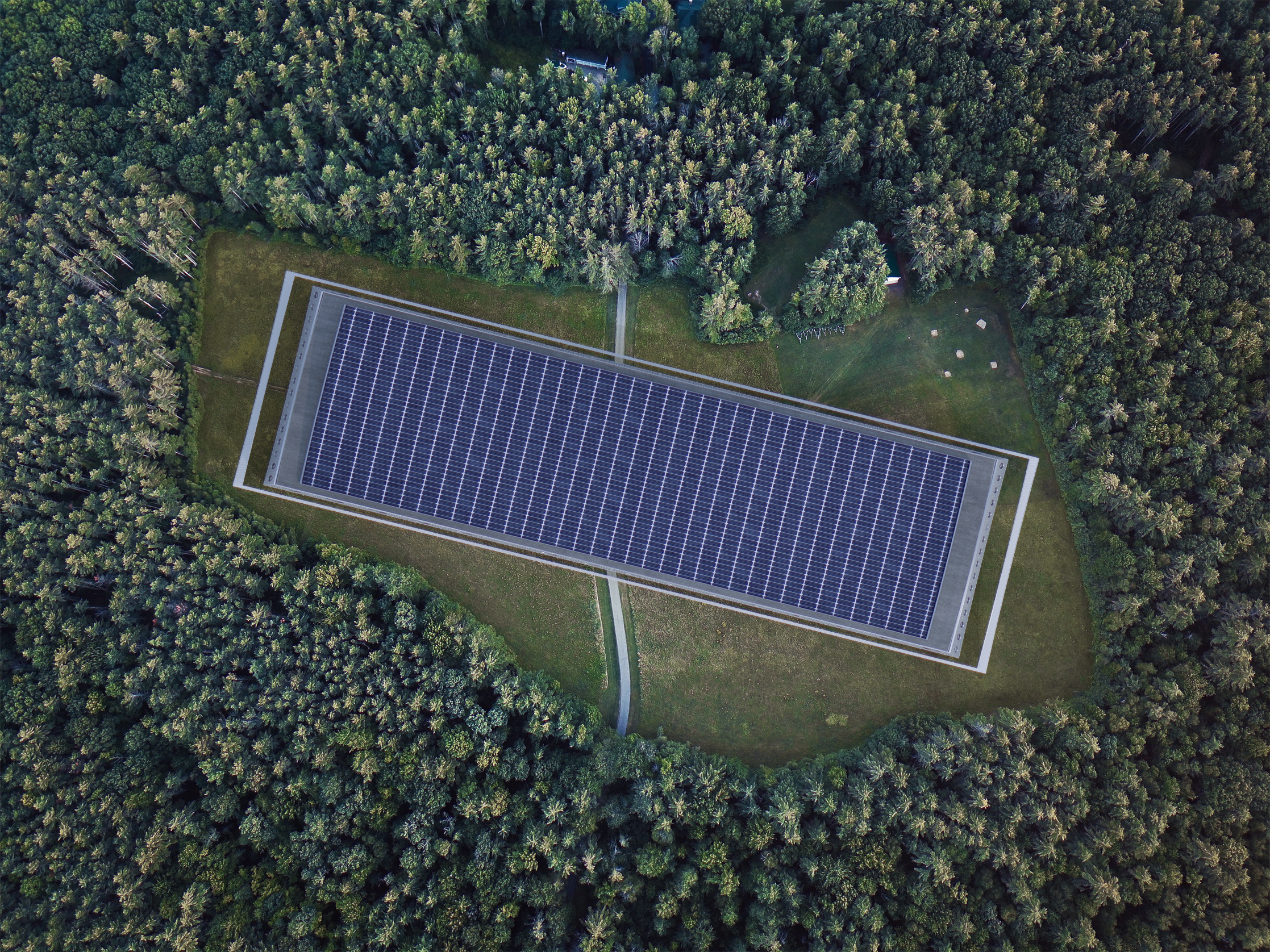
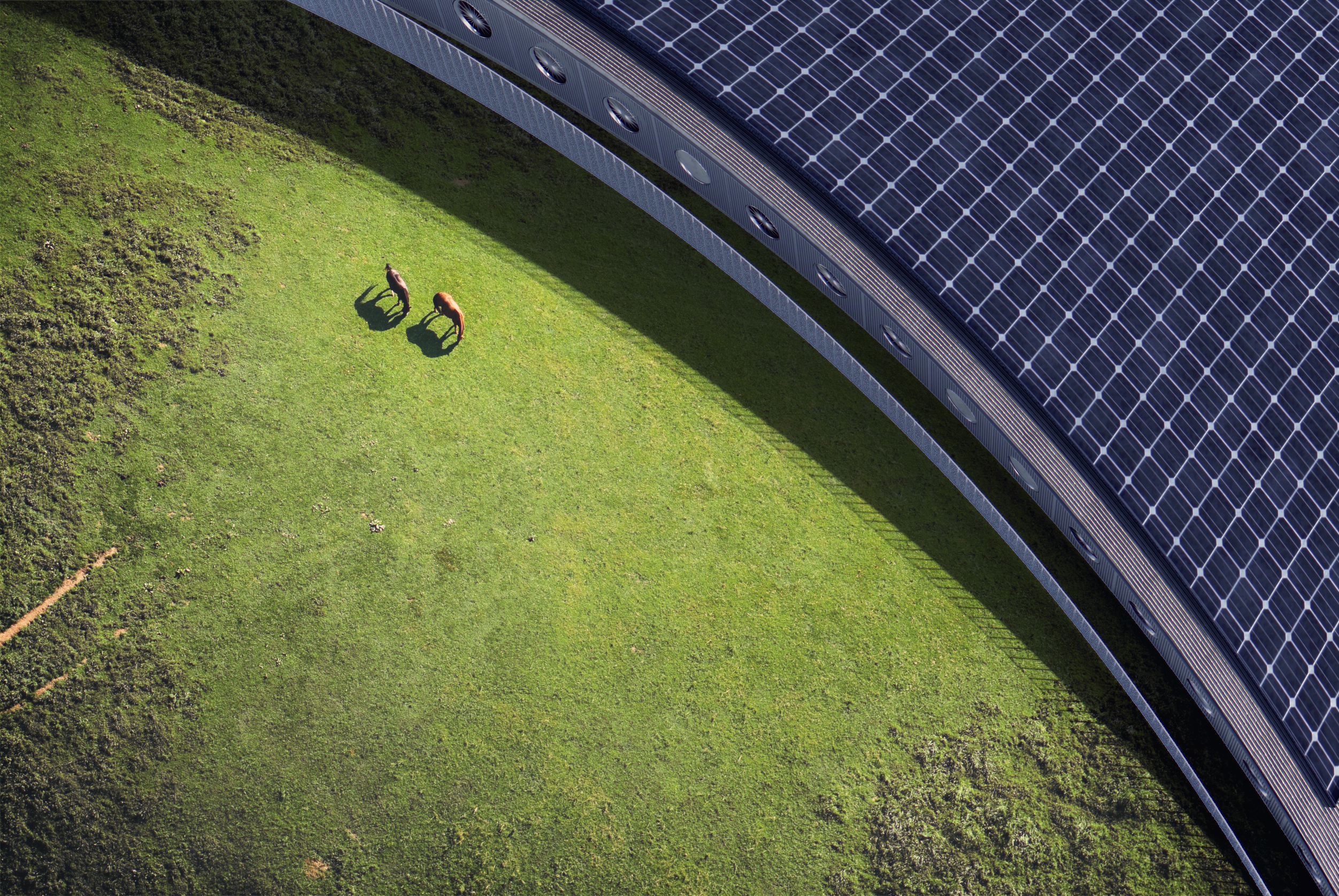
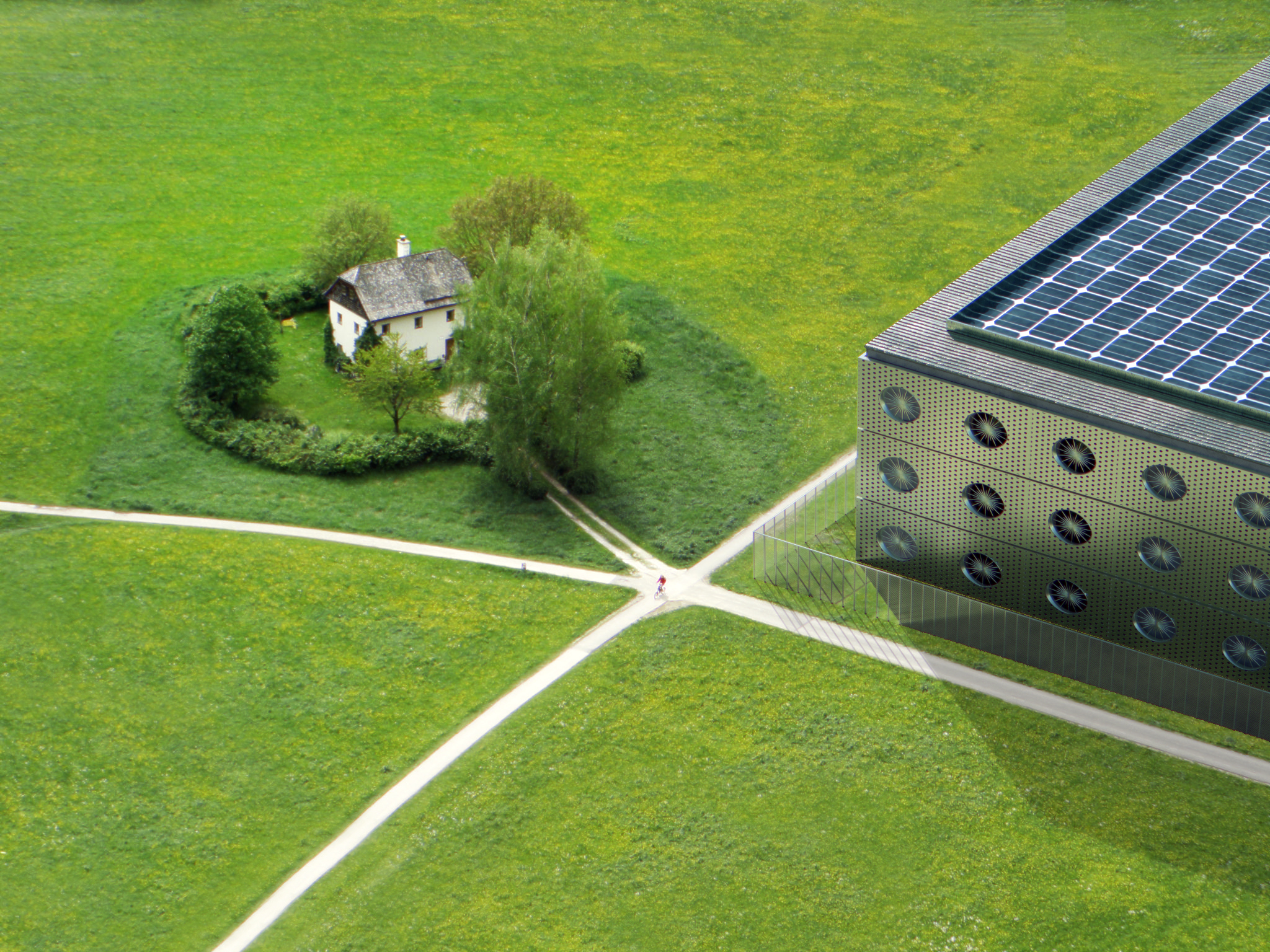
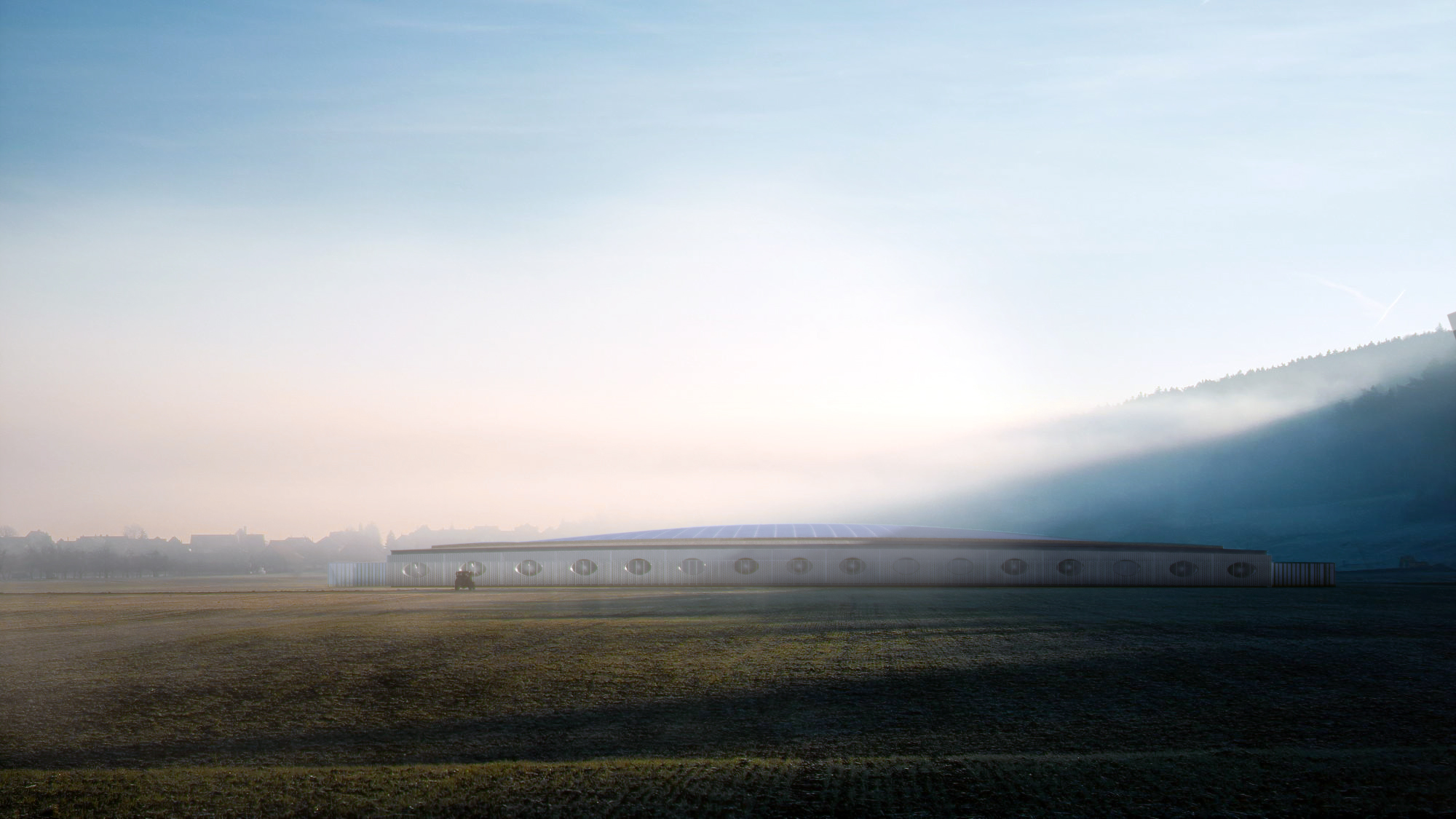
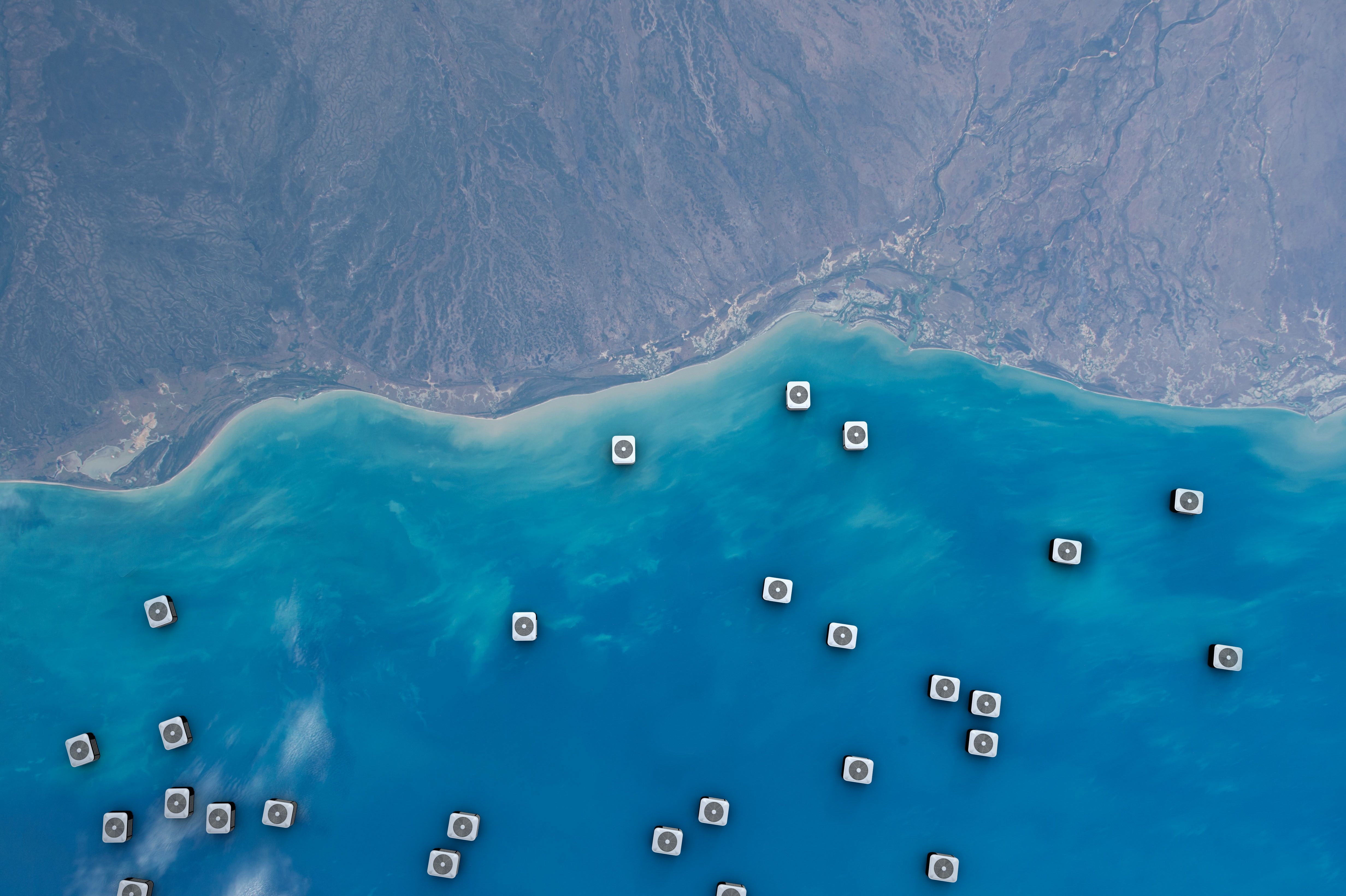


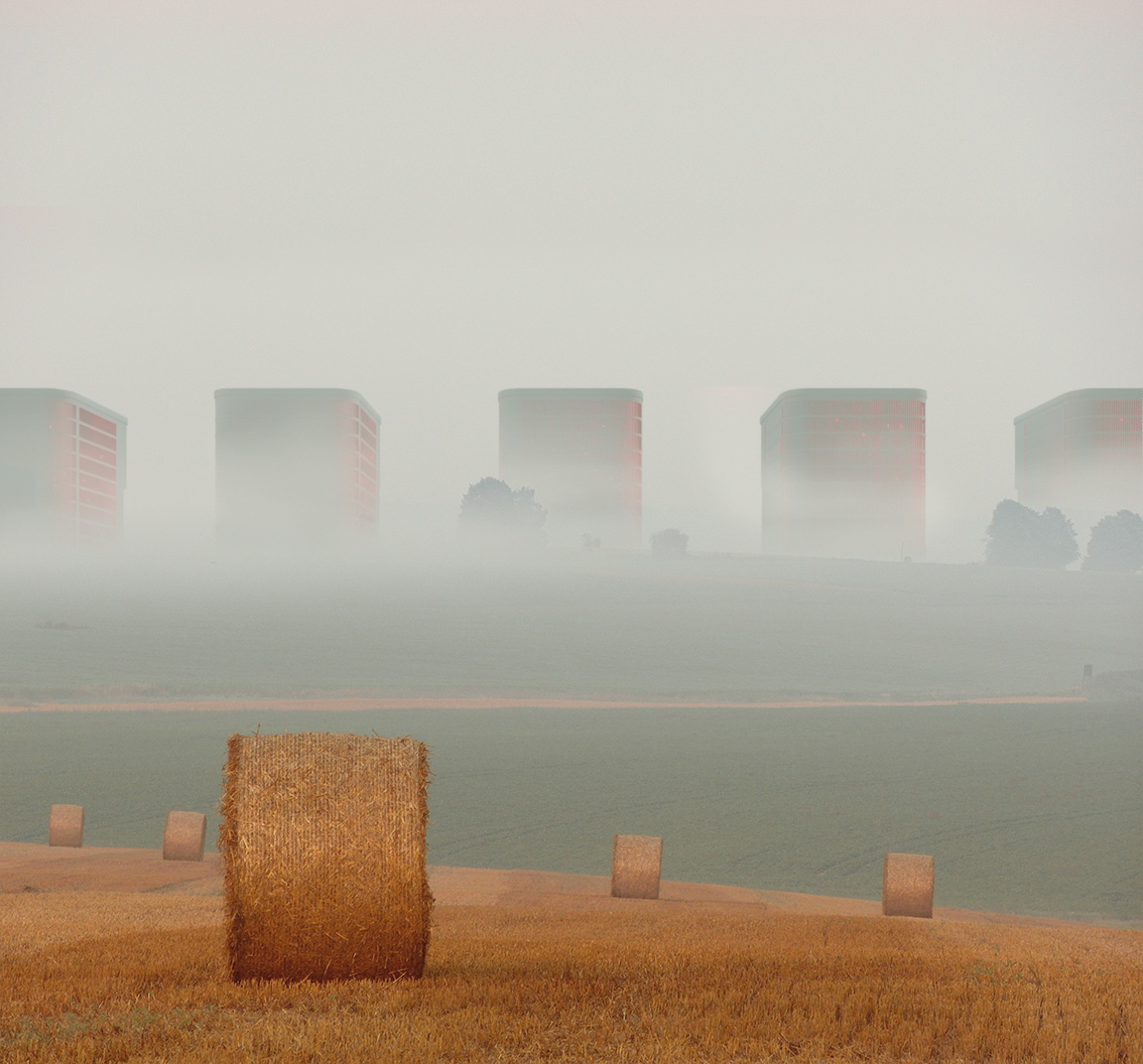
Chapter Bacteria
The walls are 12 meters thick and go 30 meters deep into the ground. They are meant to protect the mountains and the land from the weather like a cloak. Not from the cold, but from the stifling heat. There is no natural light. Here, the bacteria still sleep under the permafrost. It was thought of as an emergency solution at the beginning, but now there's no turning back. In 2016, there was the first death in the north of Russia. A young boy died from anthrax disease. The anthrax virus was released by the thawing of a 70-year-old reindeer carcass. In the following years, heat waves became hotter and longer. In the Arctic Circle, temperatures rose three times faster than in the rest of the world. The threat of releasing human and animal corpses and their infectious agents buried in the permafrost for centuries grew. I was transferred to Siberia to do research on all kinds of bacteria threatening mankind that were frozen deep in the ground. The first permafrost research and conservation centers were built. Temperatures are regulated by huge refrigeration plants. These buildings are so inhumanly huge that sometimes you forget you are inside an "indoor" space. The walls here surround a 1918 mass grave of Spanish flu victims in deep Alaska. Outside these walls you can only get out with high security equipment. All around only desert, living animals exist only inside. There has been no population here for a long time. Villages built on solid permafrost have collapsed due to the melting of the earth. I am responsible for the 10 research and conservation centers. When I travel from one to another, I have to take a robot-controlled shuttle for 3-5 days to the next town. There I spend 2 weeks in quarantine where I am tested for all sorts of things, only when everything is fine and I am no longer a threat, I am allowed back into the population.
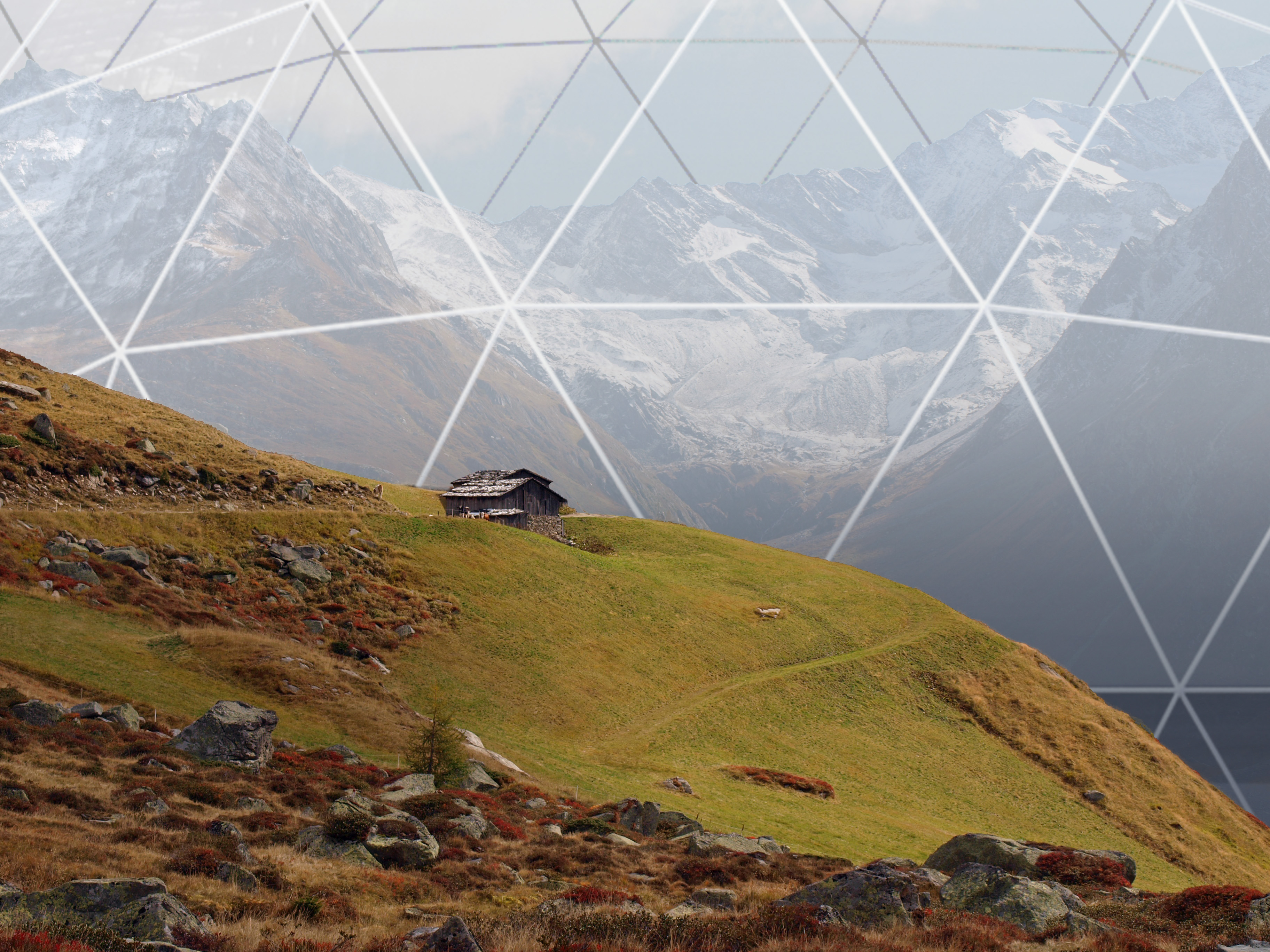
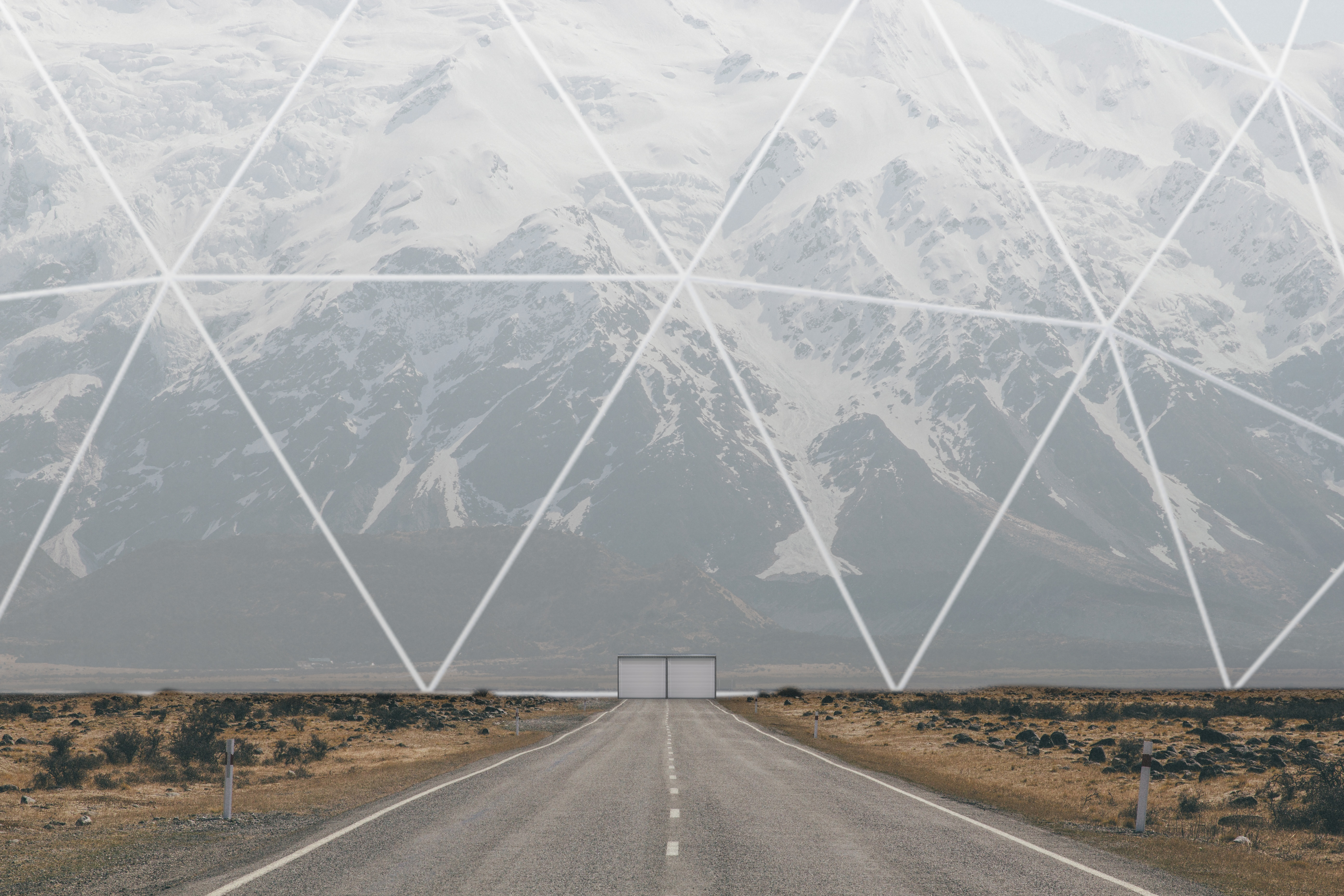
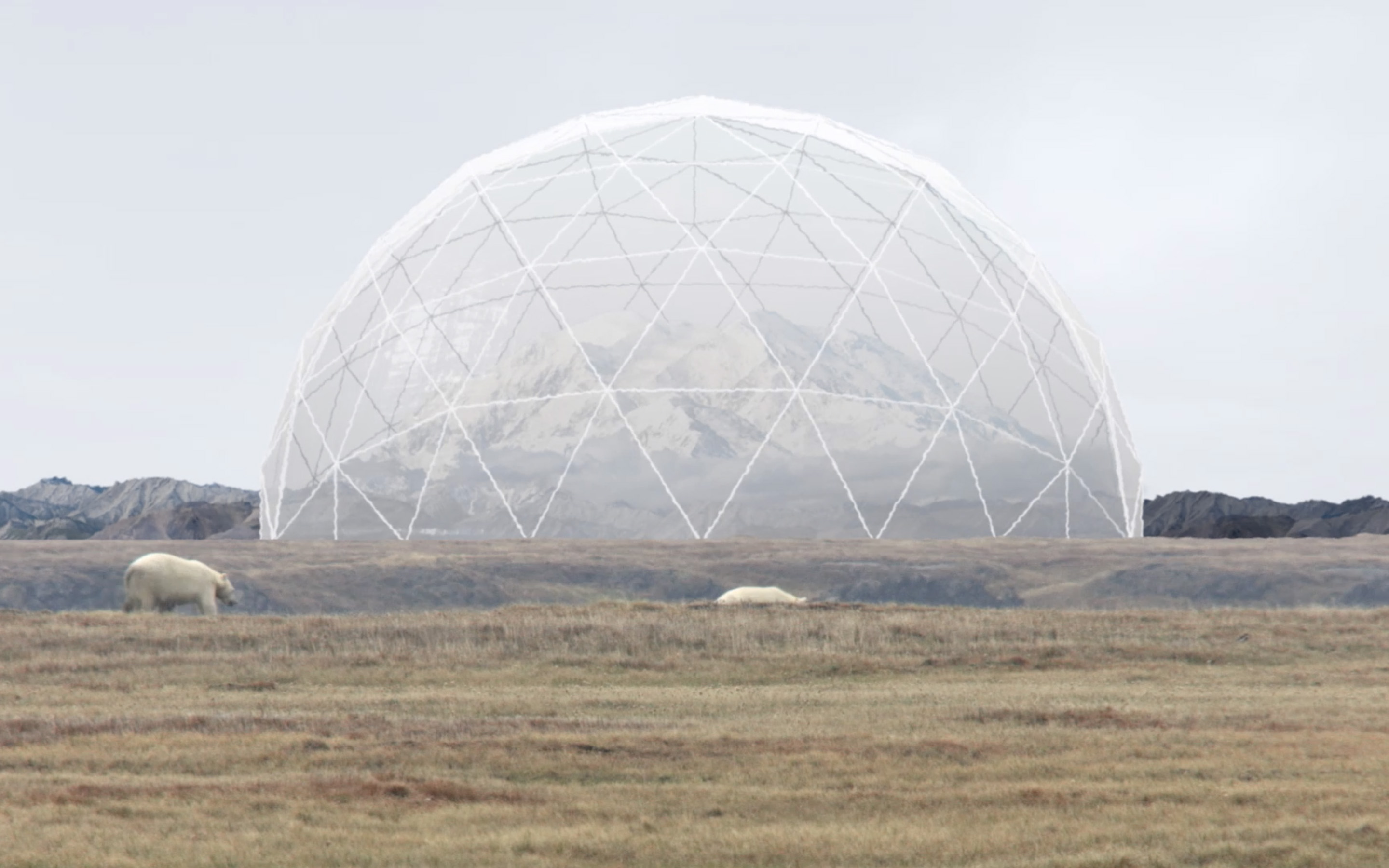

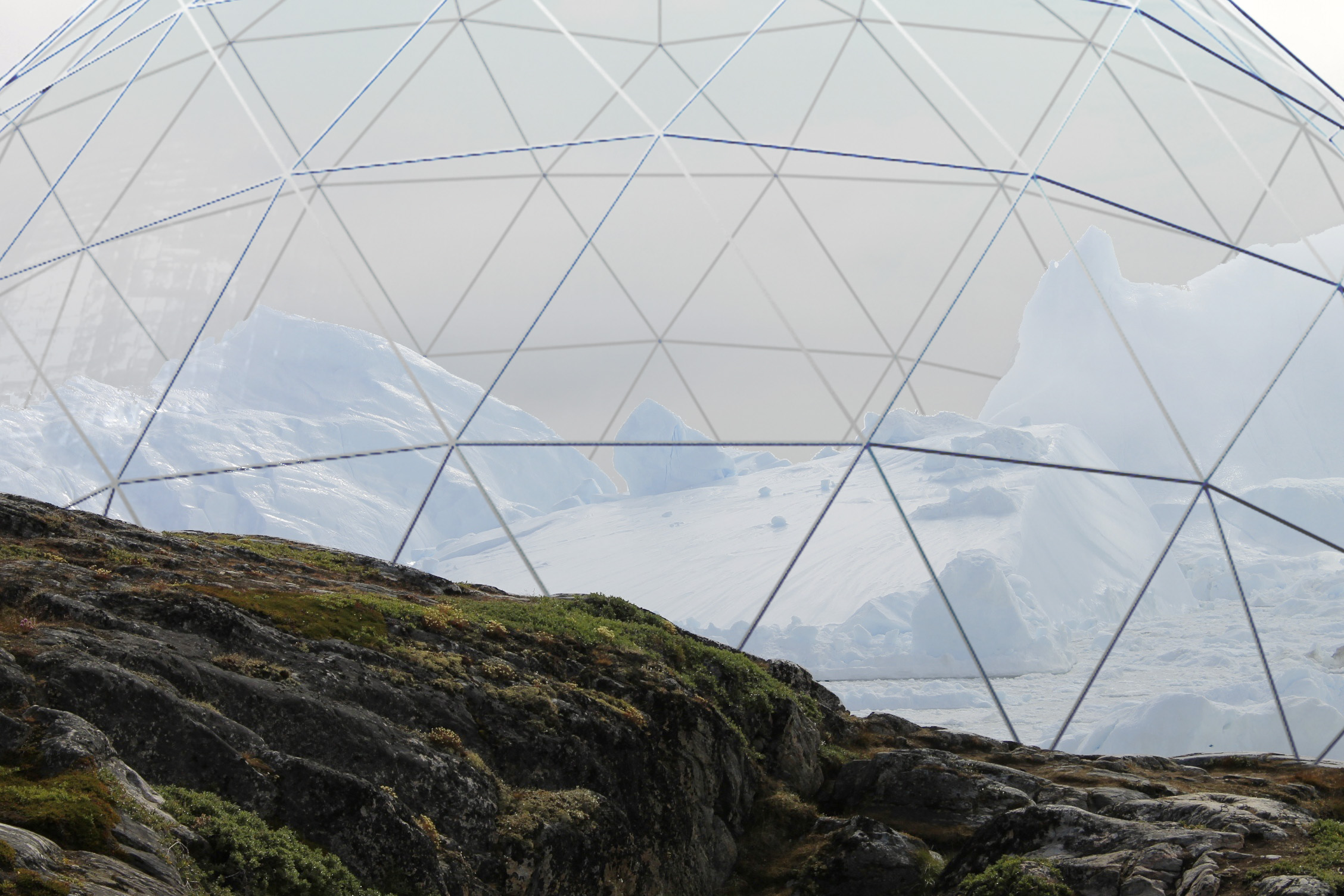

Chapter E-motion
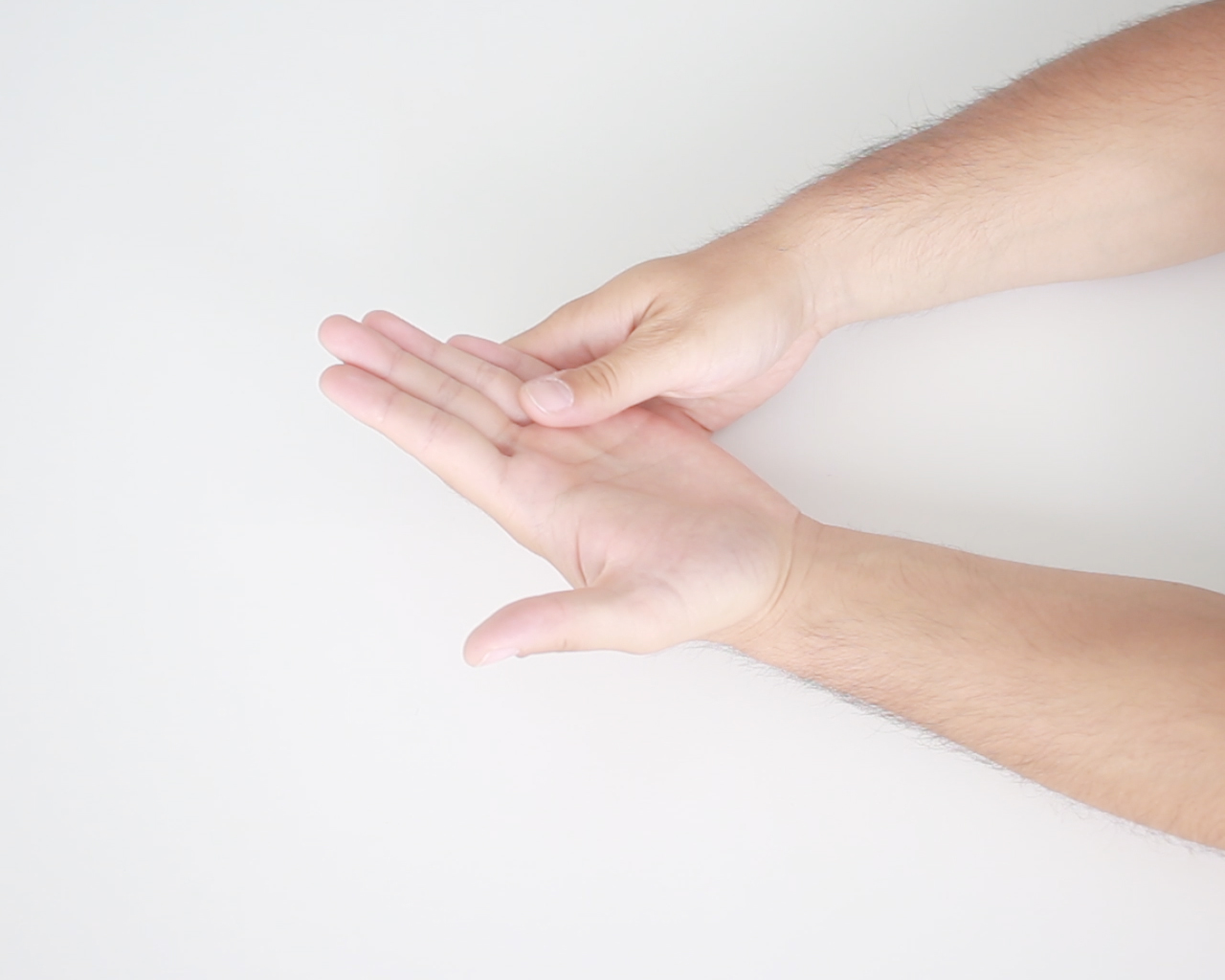
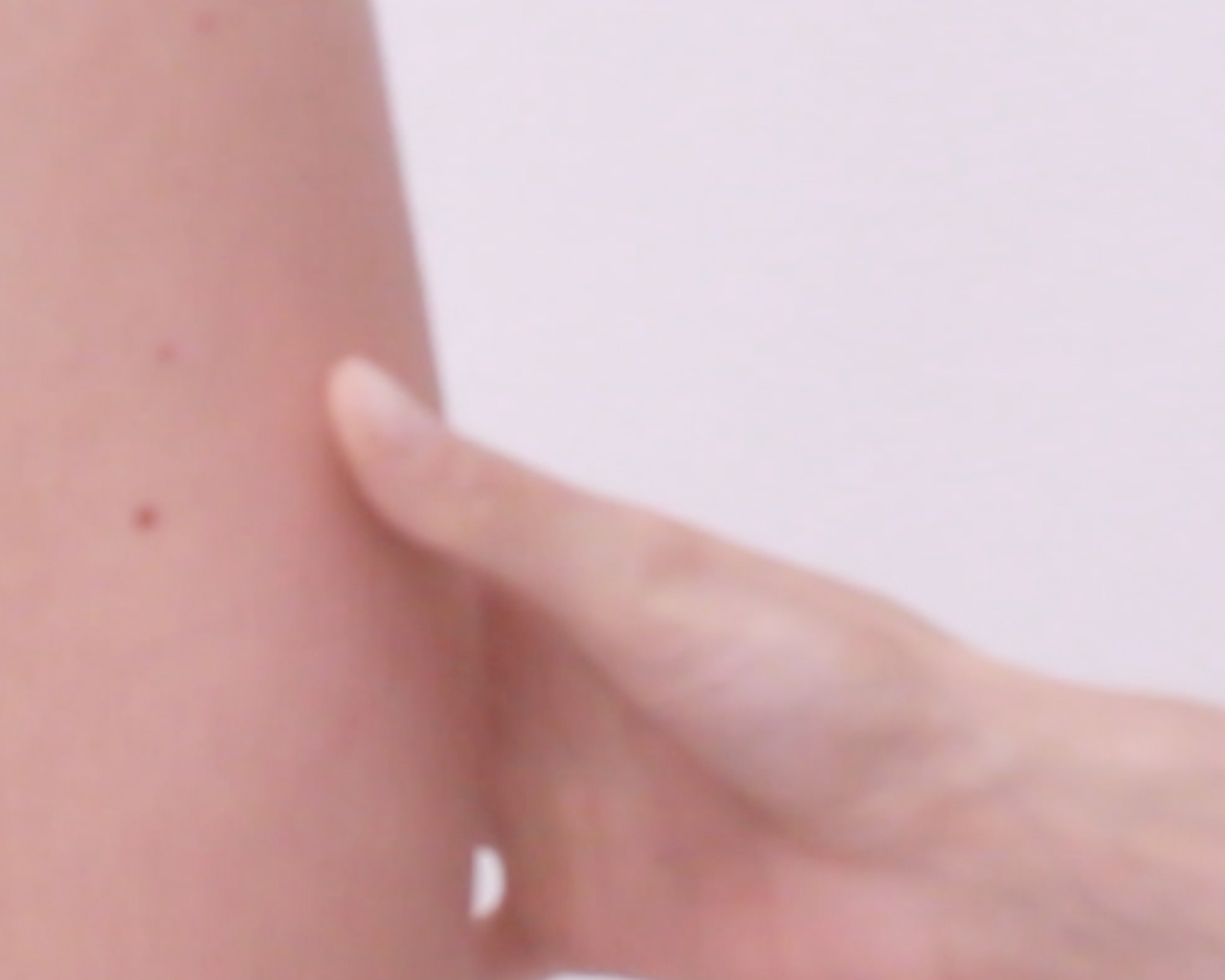
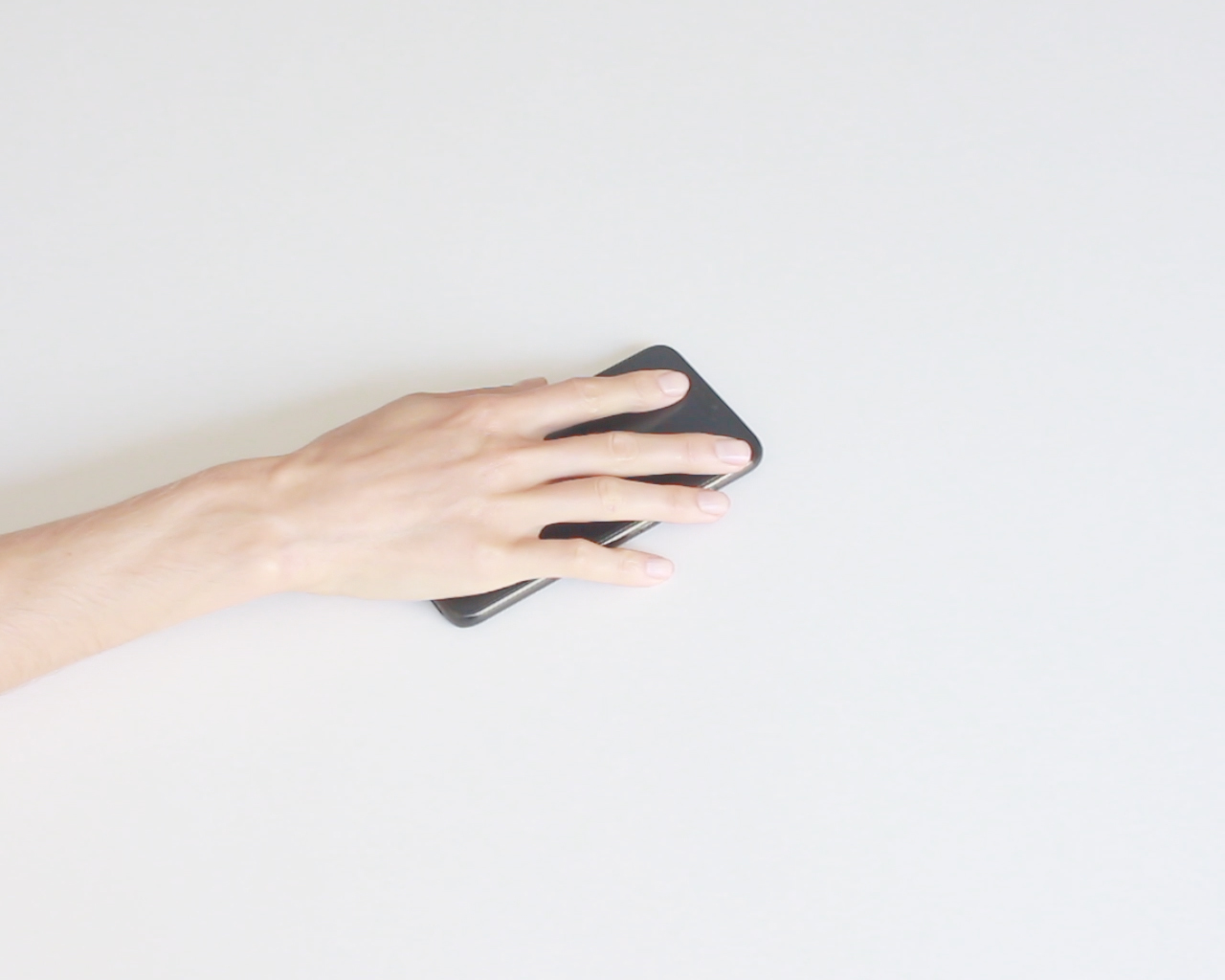
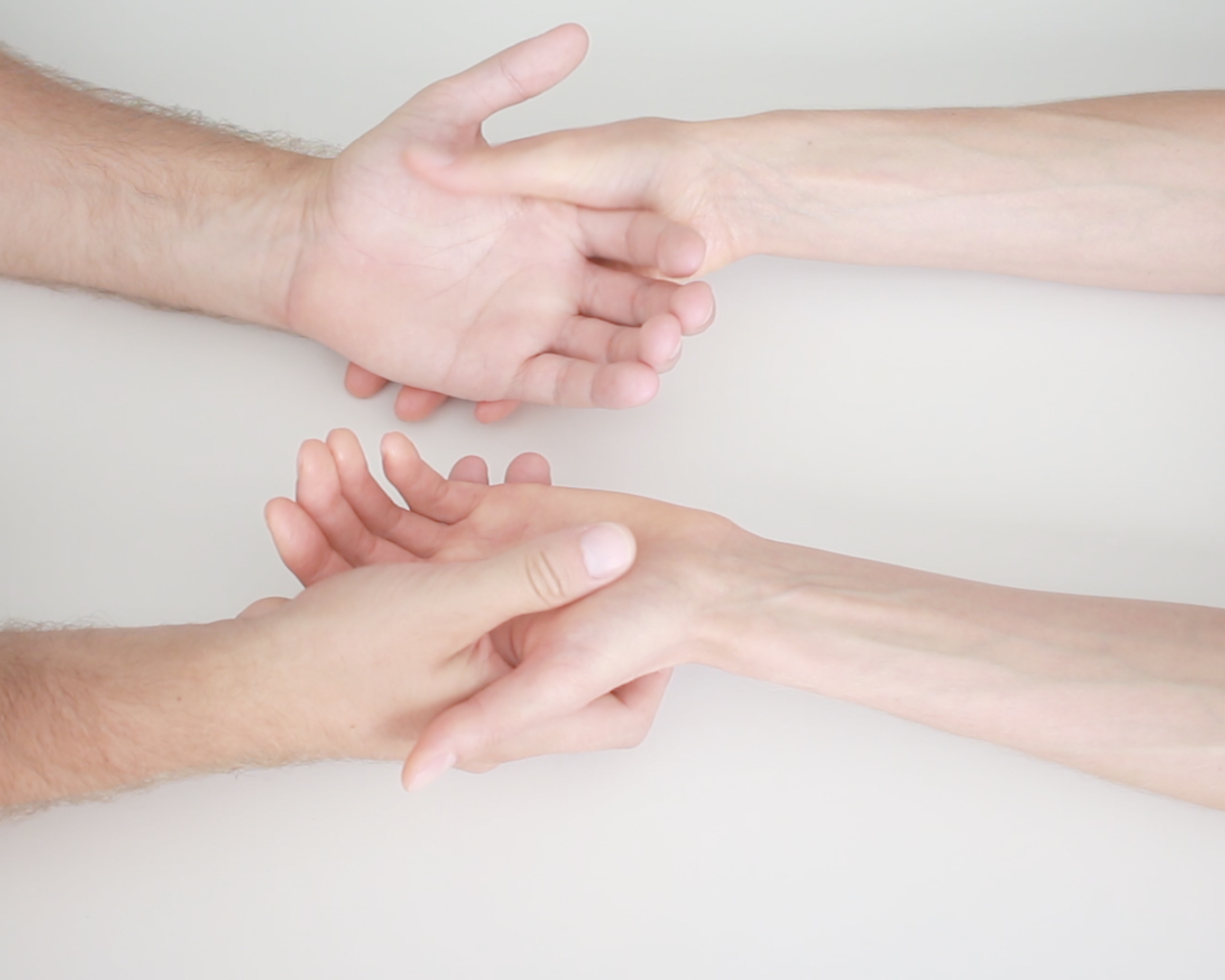
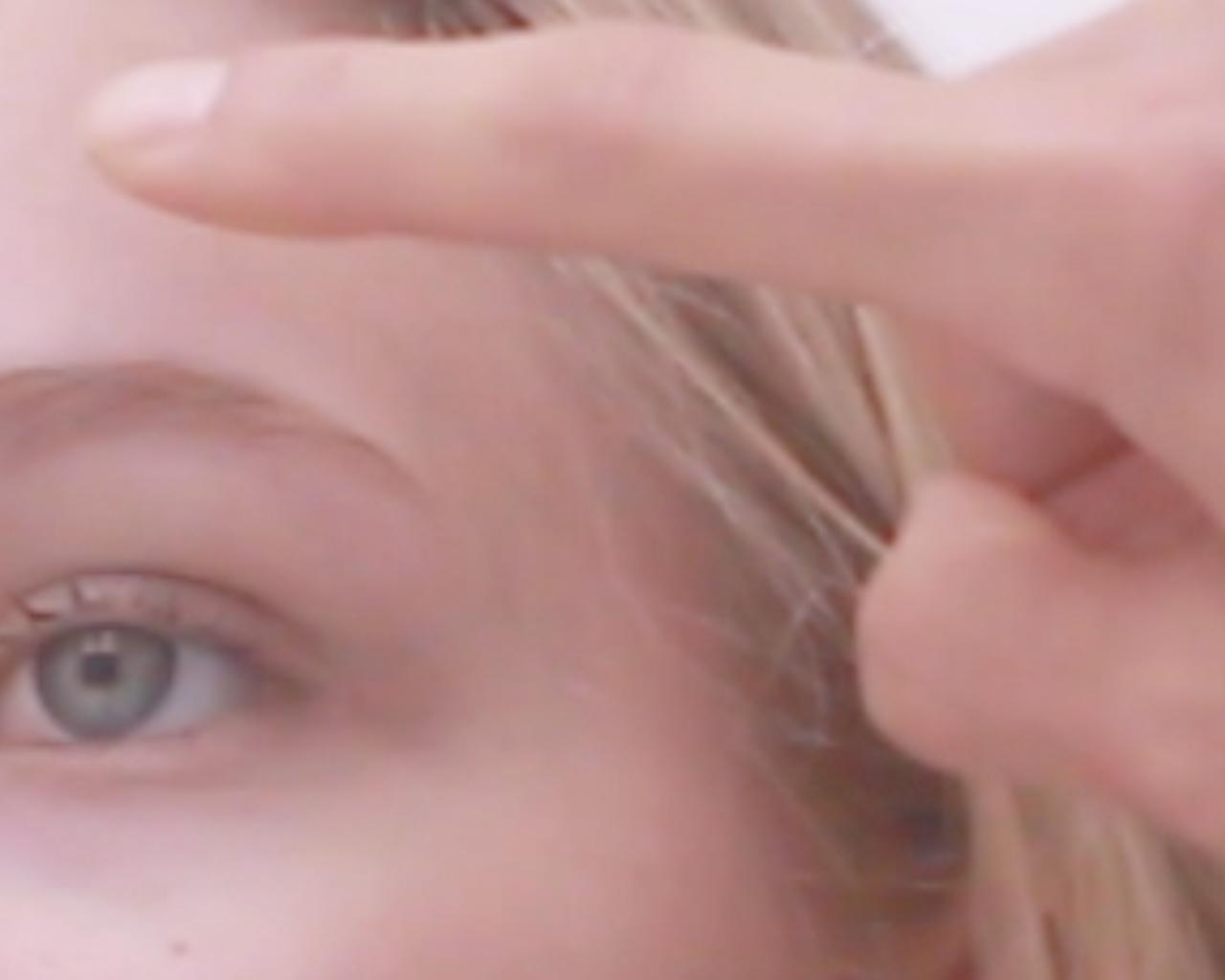
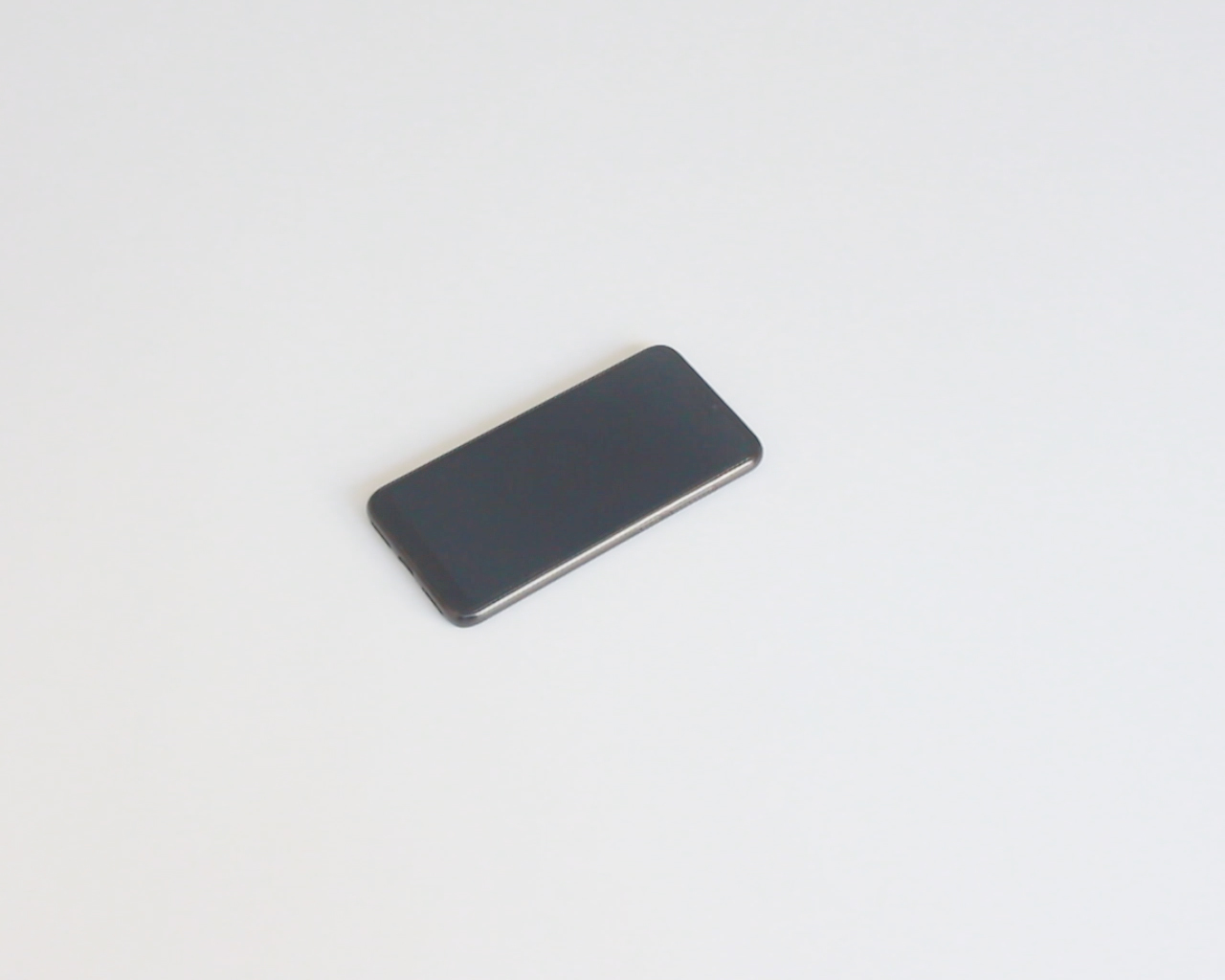

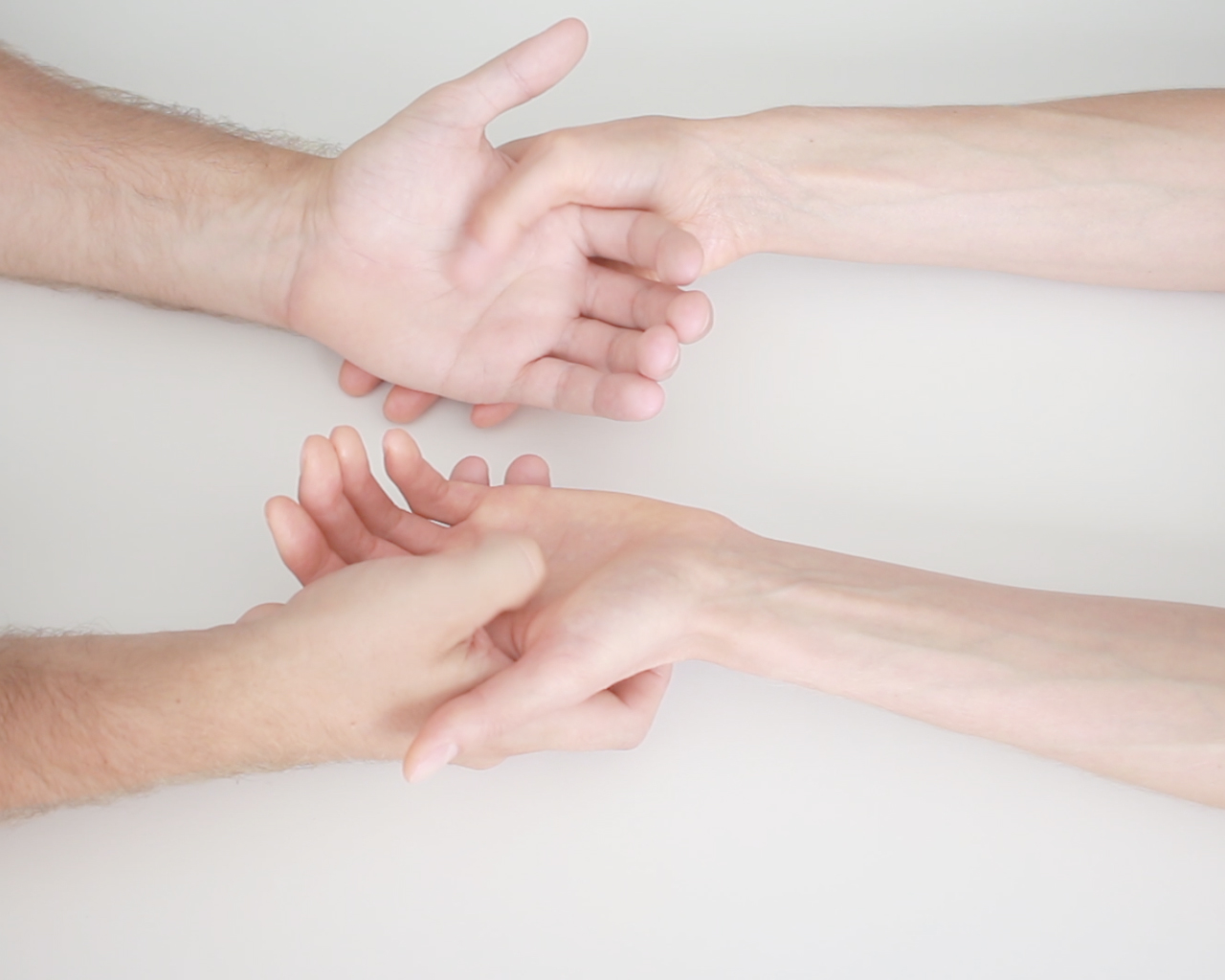


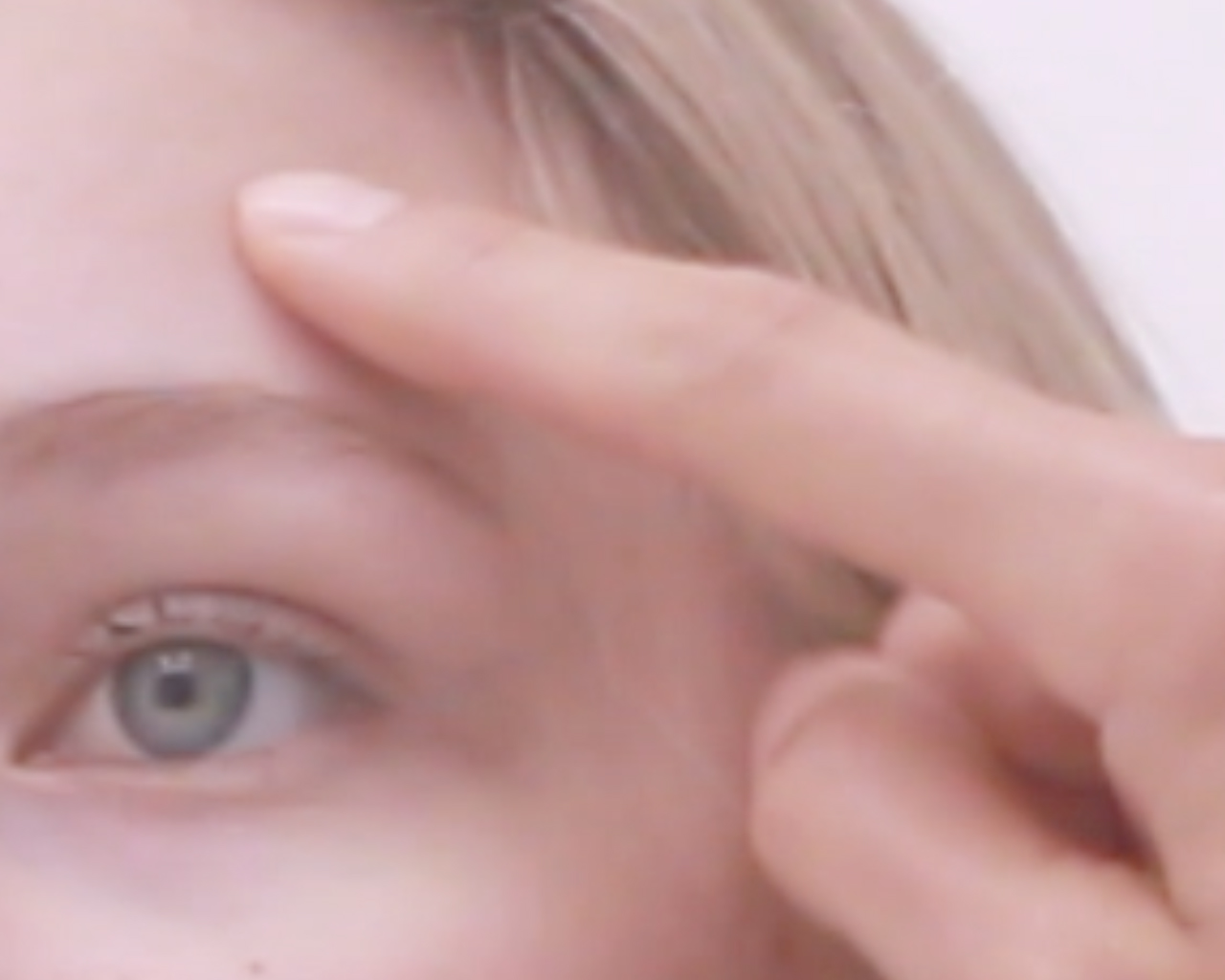





Chapter A smart life
"You can feel a bright ray of sunlight touching your cheek and enjoy its soothing warmth on your face. You fall deeper and deeper into the caressing pleasure of the sun. All of a sudden you wake up from your state of complete relaxation. It is the sun itself that suddenly gives you the feeling that something is not like every Monday morning. It should be pitch black right now and your alarm clock would wake you up like every morning with a shrill, ever louder signal tone. But not today. The digital display of your alarm is not active. The display shows 'System error'. Although you don't know the exact time, you realize in the morning light that you should be on your way to work by now. Every second counts. You jump up towards the bathroom. You need to take a quick shower. BANG. Your forehead slams against the locked bathroom door. The usual automatic door opener does not react and the door remains locked. Siri? Alexa? You wait in vain for an answer. Slowly, discomfort is spreading inside of you. A cold shiver runs down your back and you feel your heartbeat quickening. Your subconscious is beginning to take on a life of its own. The space around you seems to shrink. You reach for your smartphone. No signal. Your smartphone is switched off and the battery is empty. Frightened and disturbed, you sit down on your bed. Breathing becomes increasingly difficult and your hands start to sweat. The panic sits on the back of your neck as if electricity is running through your body... You hear a soft whirring sound. Cool air caresses your legs. The room ventilation is activated. The system starts up with a BEEP. Now the clock reads just before eight. In order not to be graded in your efficiency score, it is better not to take a shower or have breakfast today.”
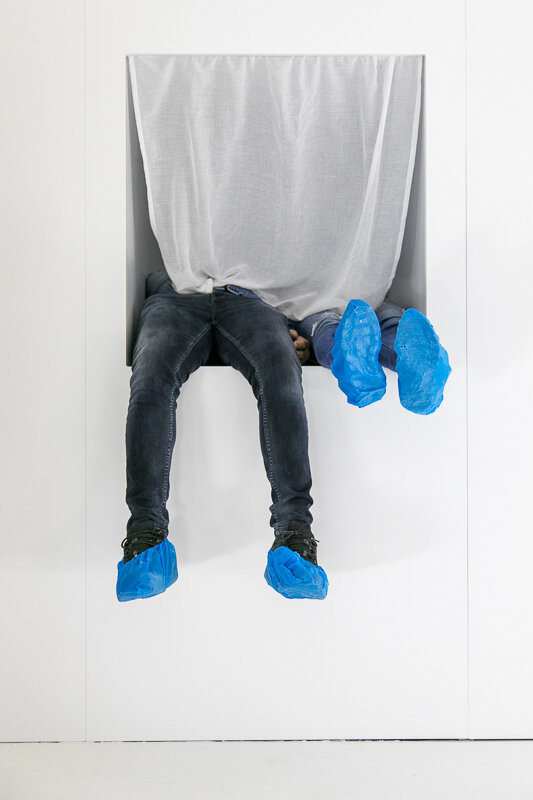
Chapter Seedbank
Daddy, what is this?
This plant was called the banana tree.
And what is banana?
Bananas were yellow fruits that everyone loved to eat because they were so sweet. You could make all kinds of things out of them, like ice cream, milkshakes, cakes. You would have liked them. Probably as good as the chimpanzee!
Chim... what?
Chimpanzee. They belong to the great apes and are the closest relatives of humans. So you were related to them too. They died out about 70 years ago. But let's go back to the animals and see what a chimpanzee once looked like. Thousands of years ago, we looked a lot like them. But then we humans evolved... a little too far. Until the earth could no longer support our influences and developments.
And what happened when it became too heavy for the Earth? Didn't anyone help her carry it?
No, unfortunately not. At that time many animals and plants that were important and necessary for the earth disappeared. Our developments have helped us humans to adapt to the new conditions and to survive... of course not all of them.
So there were once many more animals and plants than now?
There were many more. A few animals and plants we humans could save by preserving them. They are now in specific facilities where their embryos, seeds and eggs are stored.
Like a refrigerator?
I have already explained to you how we prevent glaciers from melting by protecting and cooling them under huge domes. Something like that, only smaller, and it works on the seeds too.
Why are we doing all this?
Some people hope that they can restore the atmosphere of the past and that these animals and plants can live on in it.
Will it take long?
Hm. We will probably need a very long time to solve the problems of our ancestors.
This plant was called the banana tree.
And what is banana?
Bananas were yellow fruits that everyone loved to eat because they were so sweet. You could make all kinds of things out of them, like ice cream, milkshakes, cakes. You would have liked them. Probably as good as the chimpanzee!
Chim... what?
Chimpanzee. They belong to the great apes and are the closest relatives of humans. So you were related to them too. They died out about 70 years ago. But let's go back to the animals and see what a chimpanzee once looked like. Thousands of years ago, we looked a lot like them. But then we humans evolved... a little too far. Until the earth could no longer support our influences and developments.
And what happened when it became too heavy for the Earth? Didn't anyone help her carry it?
No, unfortunately not. At that time many animals and plants that were important and necessary for the earth disappeared. Our developments have helped us humans to adapt to the new conditions and to survive... of course not all of them.
So there were once many more animals and plants than now?
There were many more. A few animals and plants we humans could save by preserving them. They are now in specific facilities where their embryos, seeds and eggs are stored.
Like a refrigerator?
I have already explained to you how we prevent glaciers from melting by protecting and cooling them under huge domes. Something like that, only smaller, and it works on the seeds too.
Why are we doing all this?
Some people hope that they can restore the atmosphere of the past and that these animals and plants can live on in it.
Will it take long?
Hm. We will probably need a very long time to solve the problems of our ancestors.
Chapter Airtravel
A trip to New York for only 50 Euros! is written in large letters on the banner above the entrance to Berlin Brandenburg Airport. As a sad joke to myself, I play the song - I've never been to New York by Udo Jürgens - I've never been there. Very probably this will never happen either. I think back to the time when the advertisement originated. The travelling must have been so easy. You got on a plane and in a few hours you were all over the world. But since fossil fuels have been banned, that's not possible anymore. Airplanes were no longer allowed to take off, at least not for the common foot soldiers. Those who could afford it and can pay the high prices to travel around the world. But at the airport where I am standing there was never a plane taking off, it was never opened. First because it could not be finished, but then because flying was out of fashion, even despised. It would have been finished but no longer profitable. There were numerous protests and a youth movement that drew attention to the ever worsening climate. Now we must let the next generations take the blame for everything our ancestors left us. Visiting this ruin is like visiting a monument for me. A monument to a young generation that wanted to improve the situation for itself and all following generations. Unfortunately, as always, the reaction of the politicians was too late. I wander through the empty halls of the airport, past protest slogans sprayed on the wall, rotten banners and broken gate displays and advertisements of distant places that make me dream of white beaches.
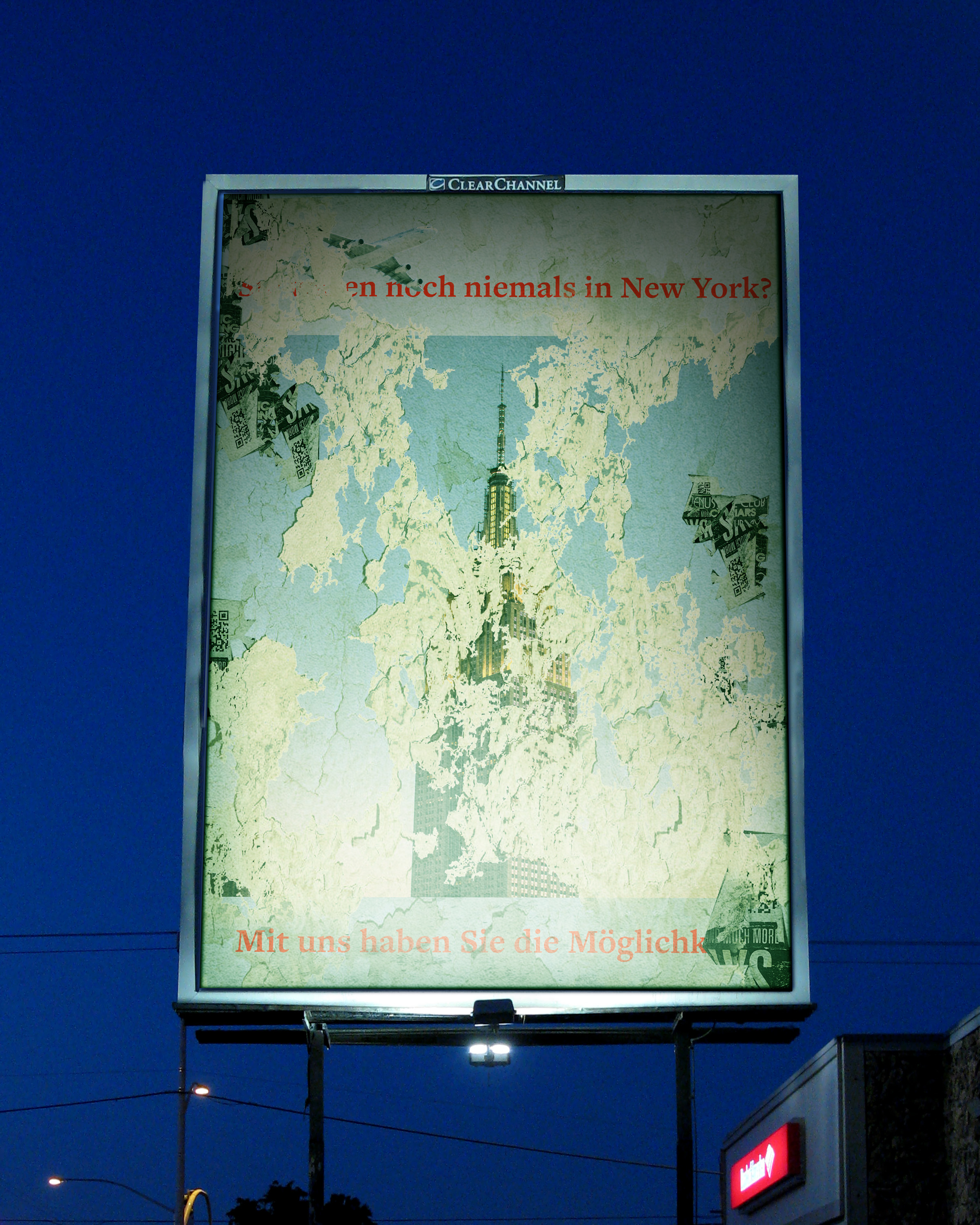
Chapter Ausflucht
There's nothing but water around me. I'm standing on one of the platforms built in the 21st century. I come here often because it's quiet. Not like in crowded cities. They were born from a perverse idea, for those who were against migration from Africa. On the one hand, they were used by civilians to watch the sea, but also by onlookers who could watch from here the interception by the border authorities or the sinking of the overloaded boats. Nowadays this seems even more absurd, because these platforms themselves are threatening to sink soon. Once they were located on the coasts towards the Mediterranean Sea, they are now a few kilometres away from the mainland. A kind of memorial and reminder that anyone can quickly find themselves in a situation of flight. Whatever happened in the course of time. Whole populations had to flee from the rising water and the difficult climate situations. On the other hand, the flight movements caused by the wars were nothing. Whole cities fled from the inevitable situation that made life impossible. I am standing here and can hardly imagine how people in former times could be denied the right to life. The problems that forced us all to start a new life somewhere else have connected us. In the beginning there were of course still people who thought they had more right to a good climate, because their families always lived in the cooler regions. But due to the rapid rise in temperatures, it soon became clear - it is not the individual that counts, we must try to survive together.

Exhibition
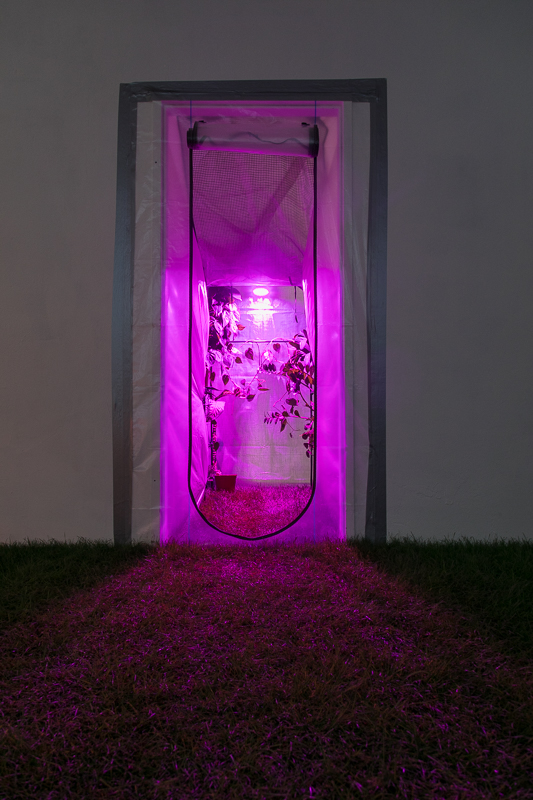
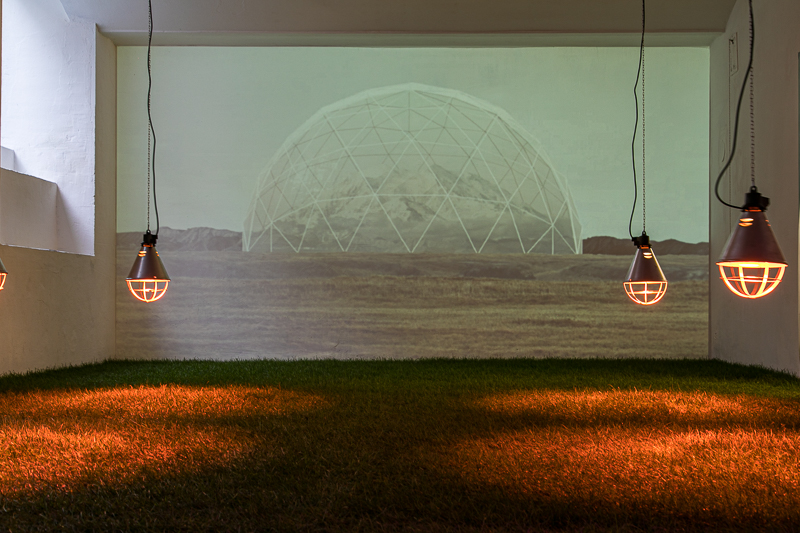
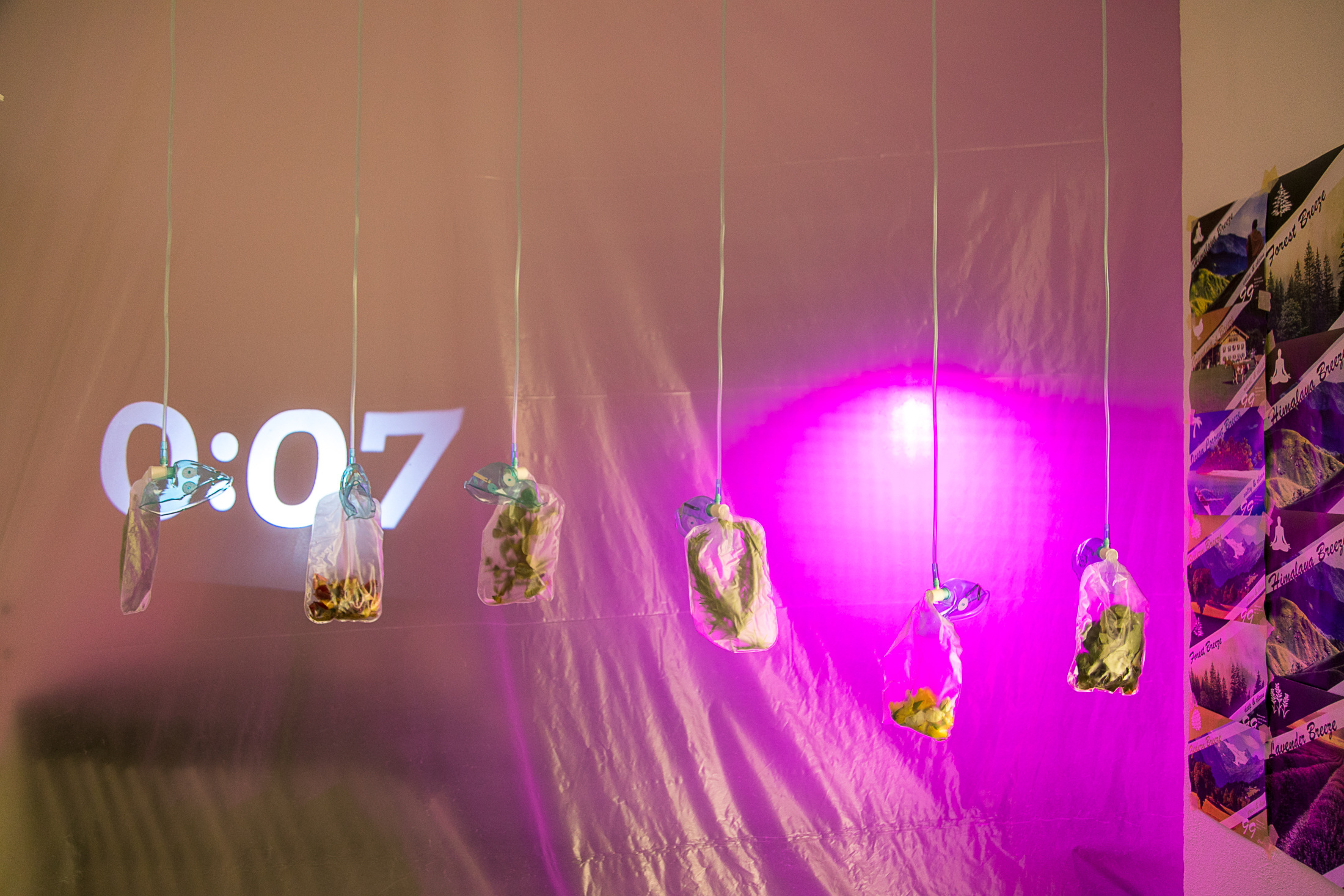
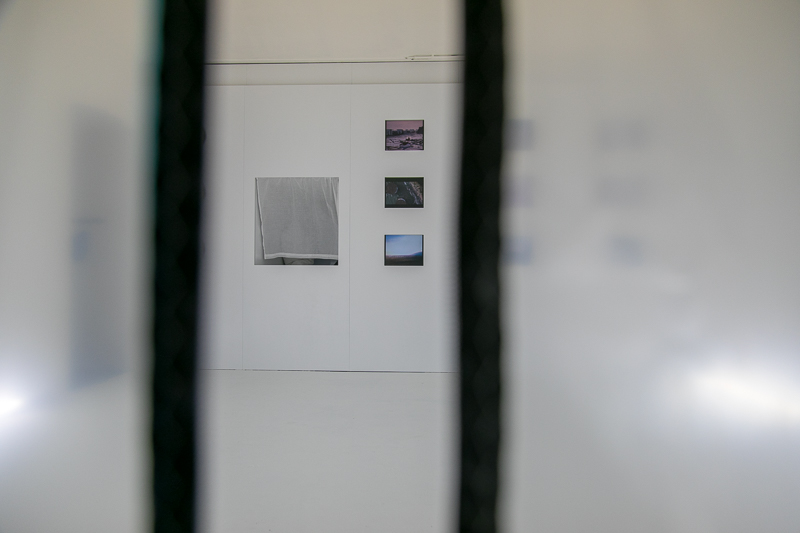
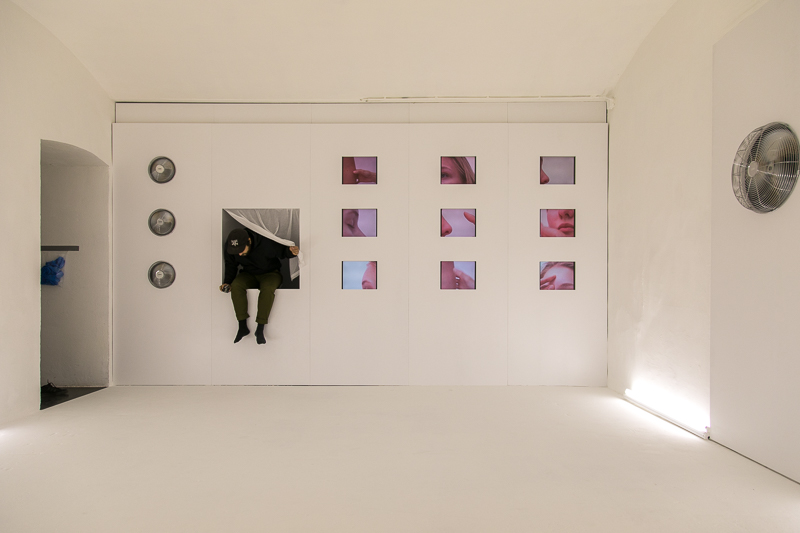

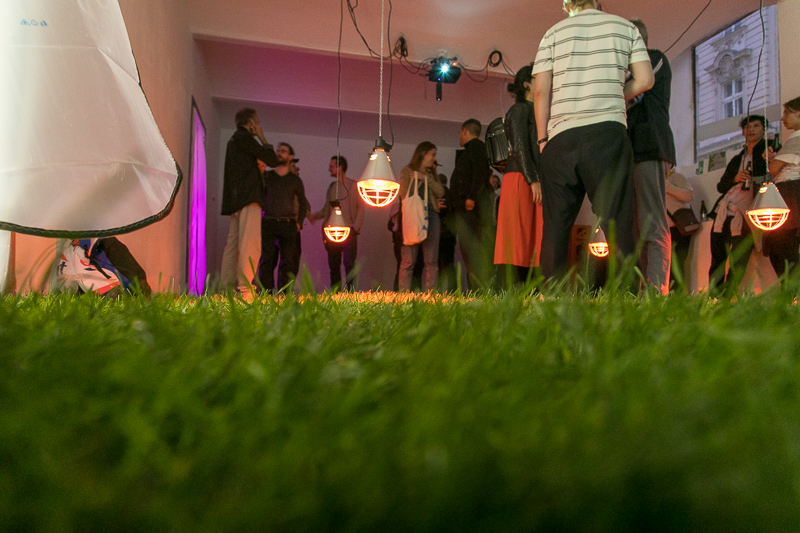
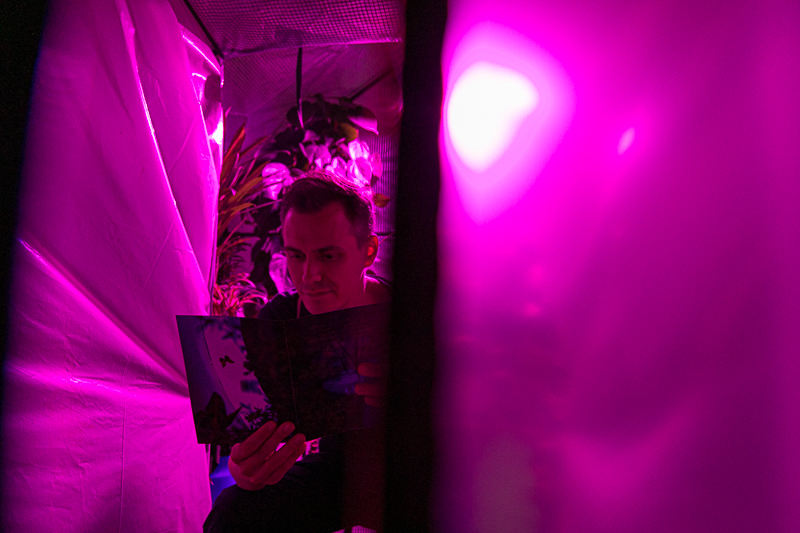


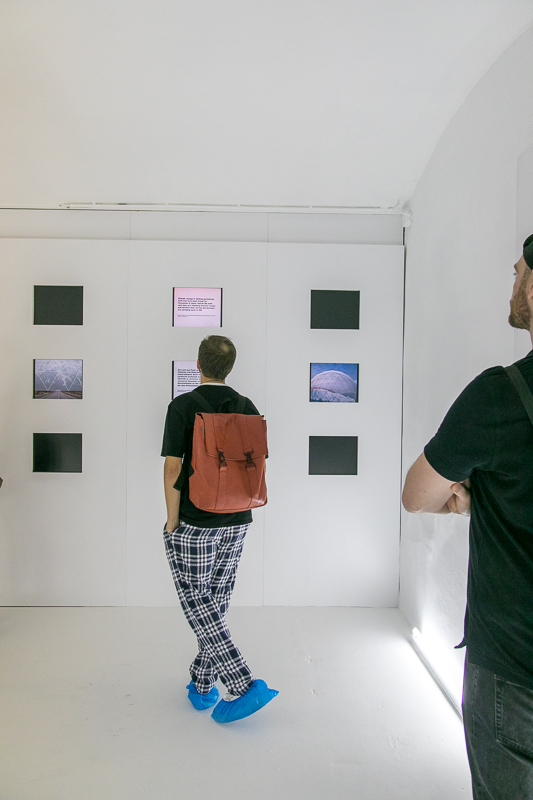


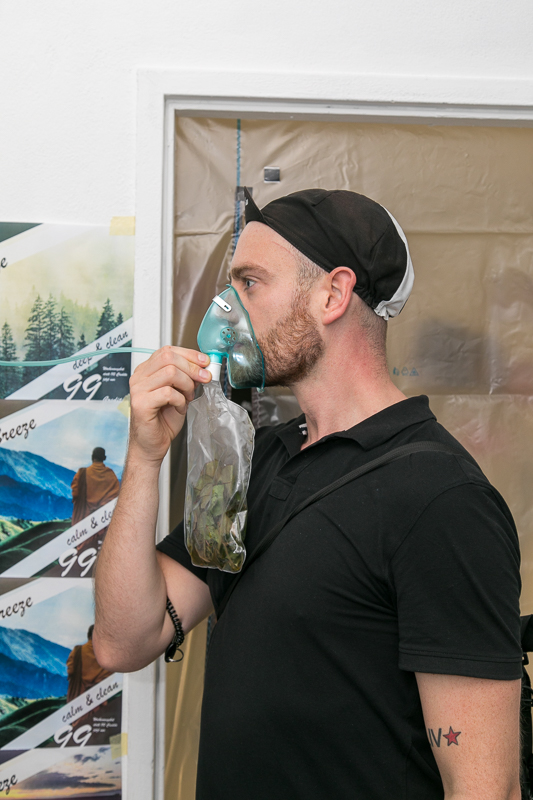


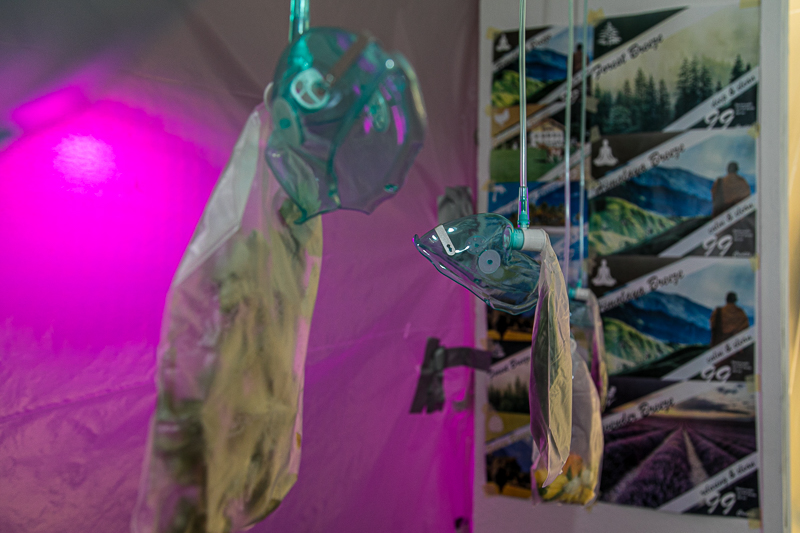

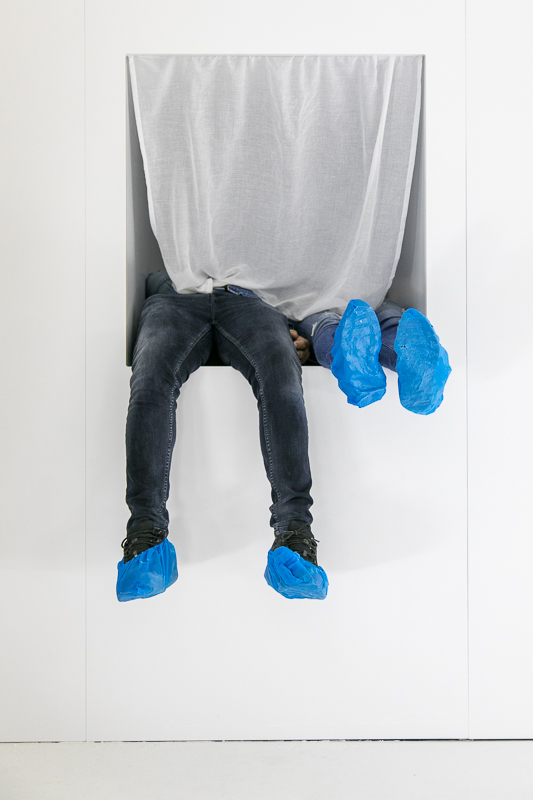
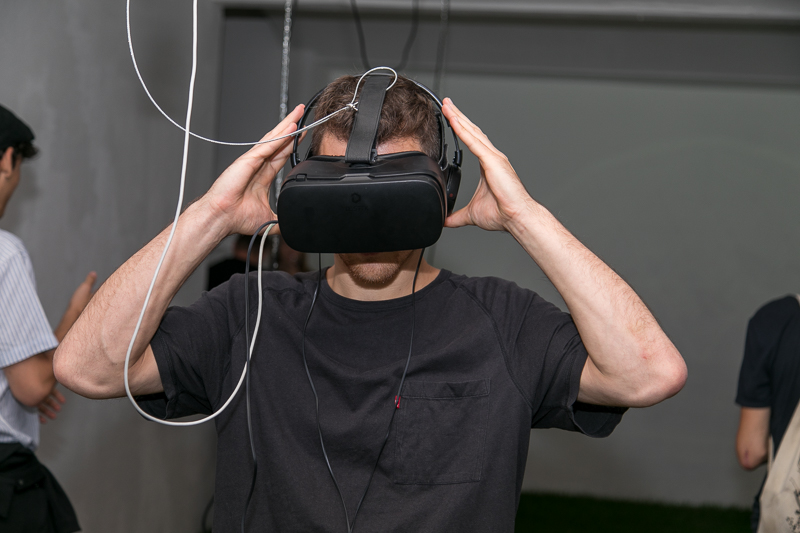
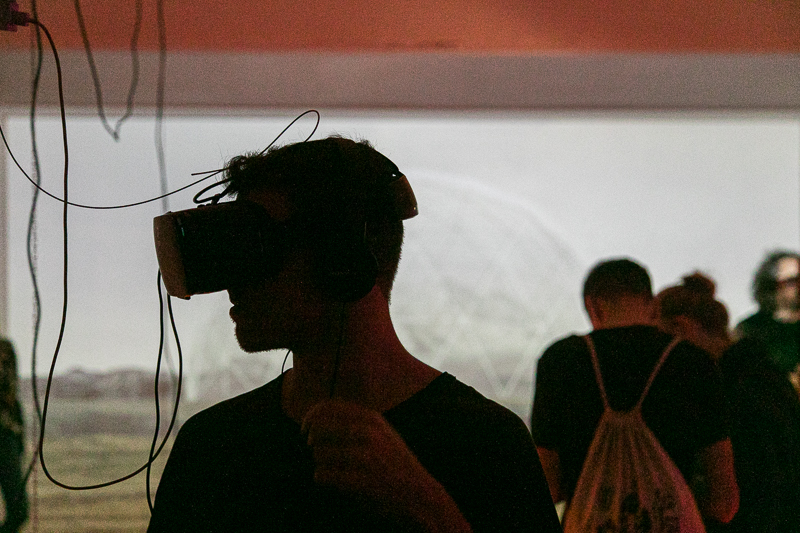

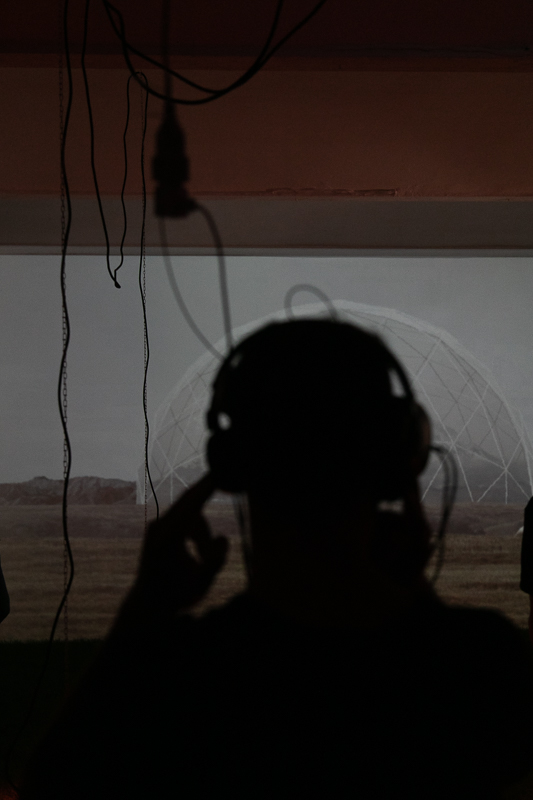
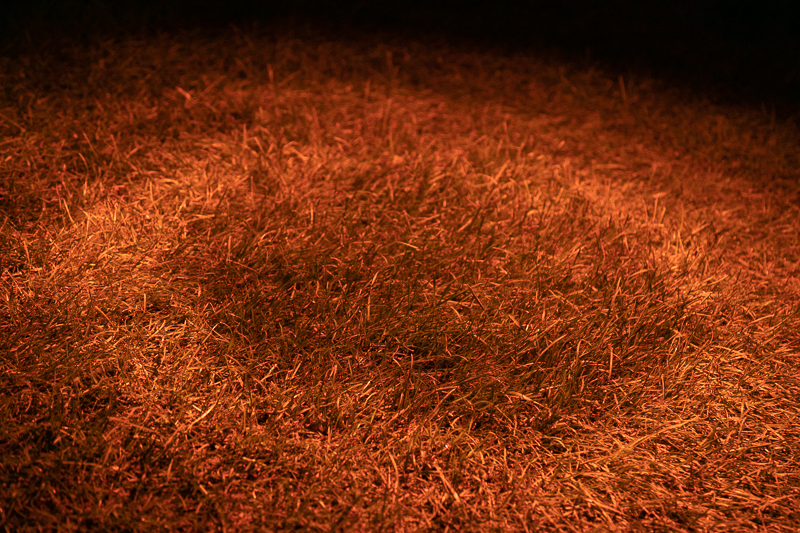

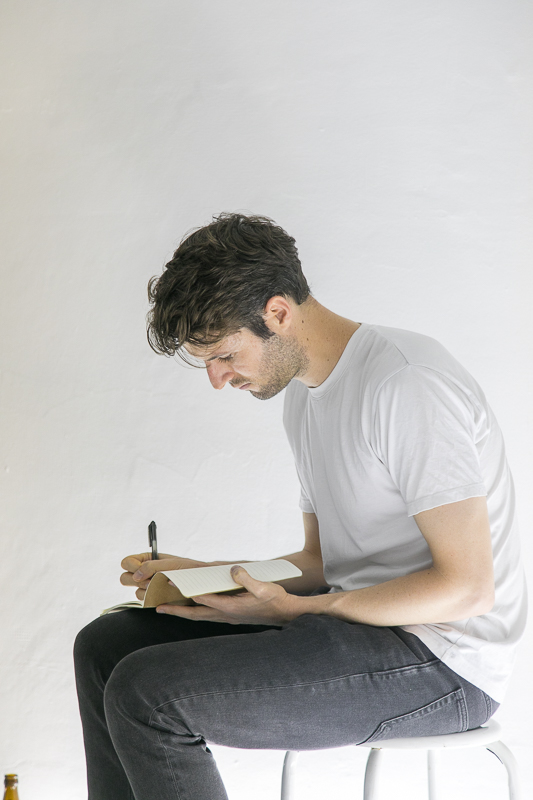
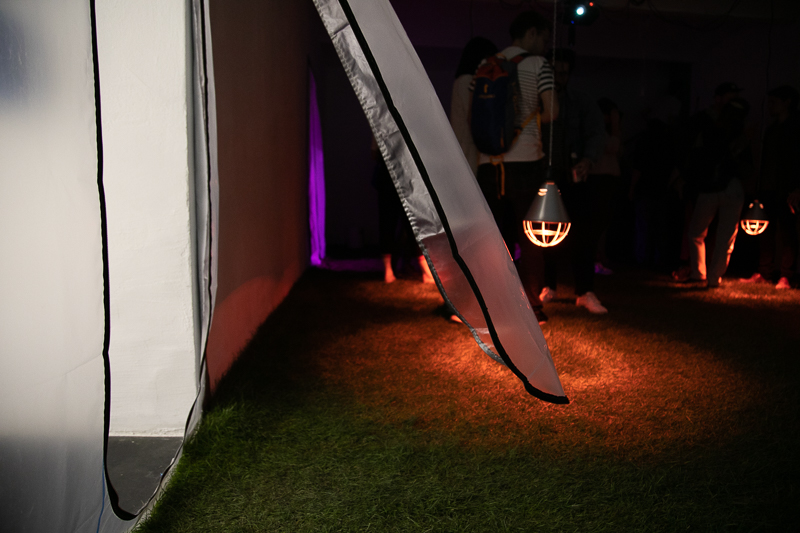


Foto Copyright - Richard Pobaschnig